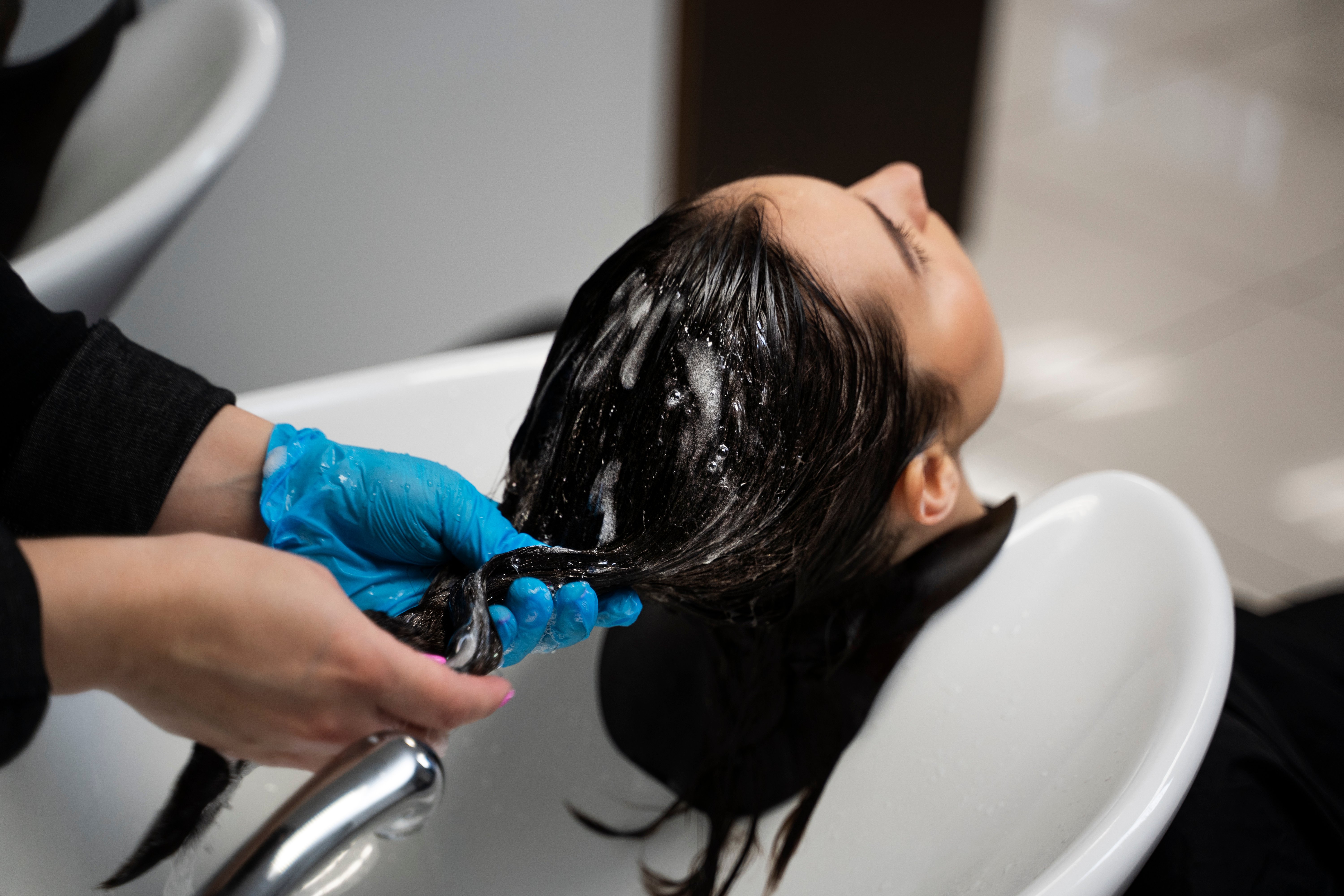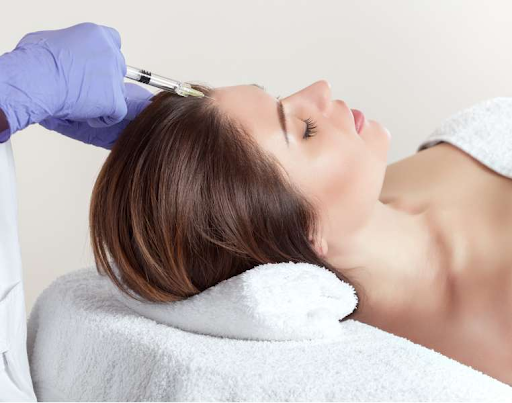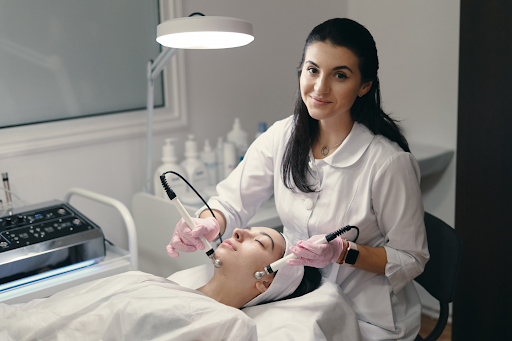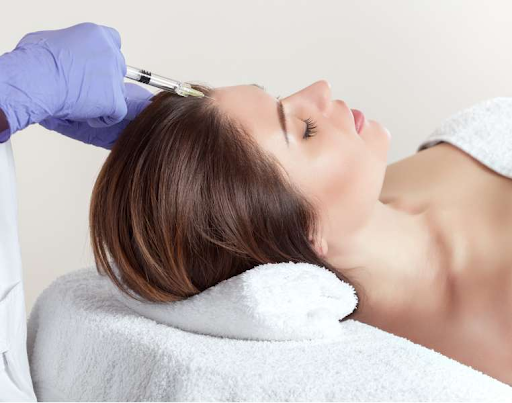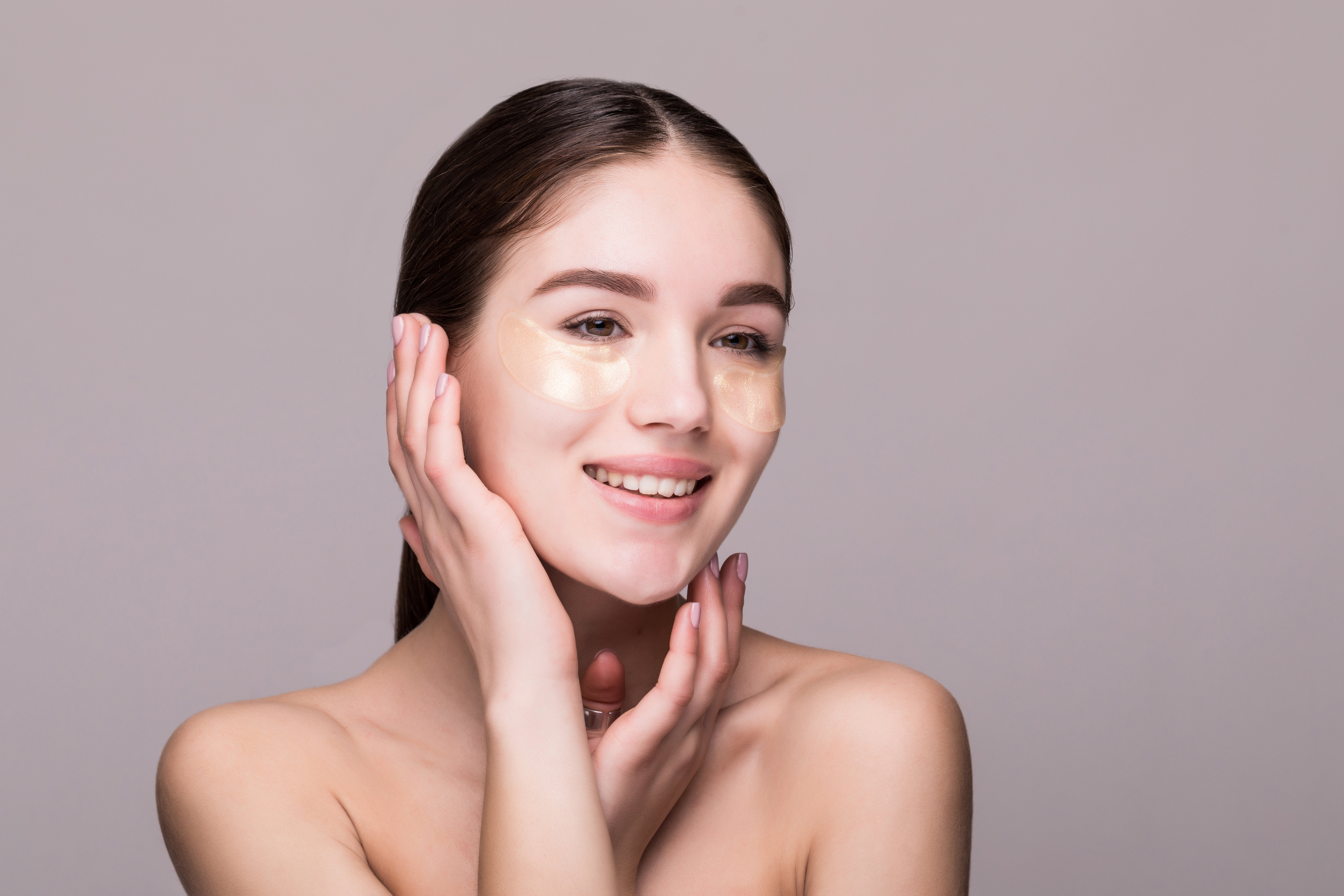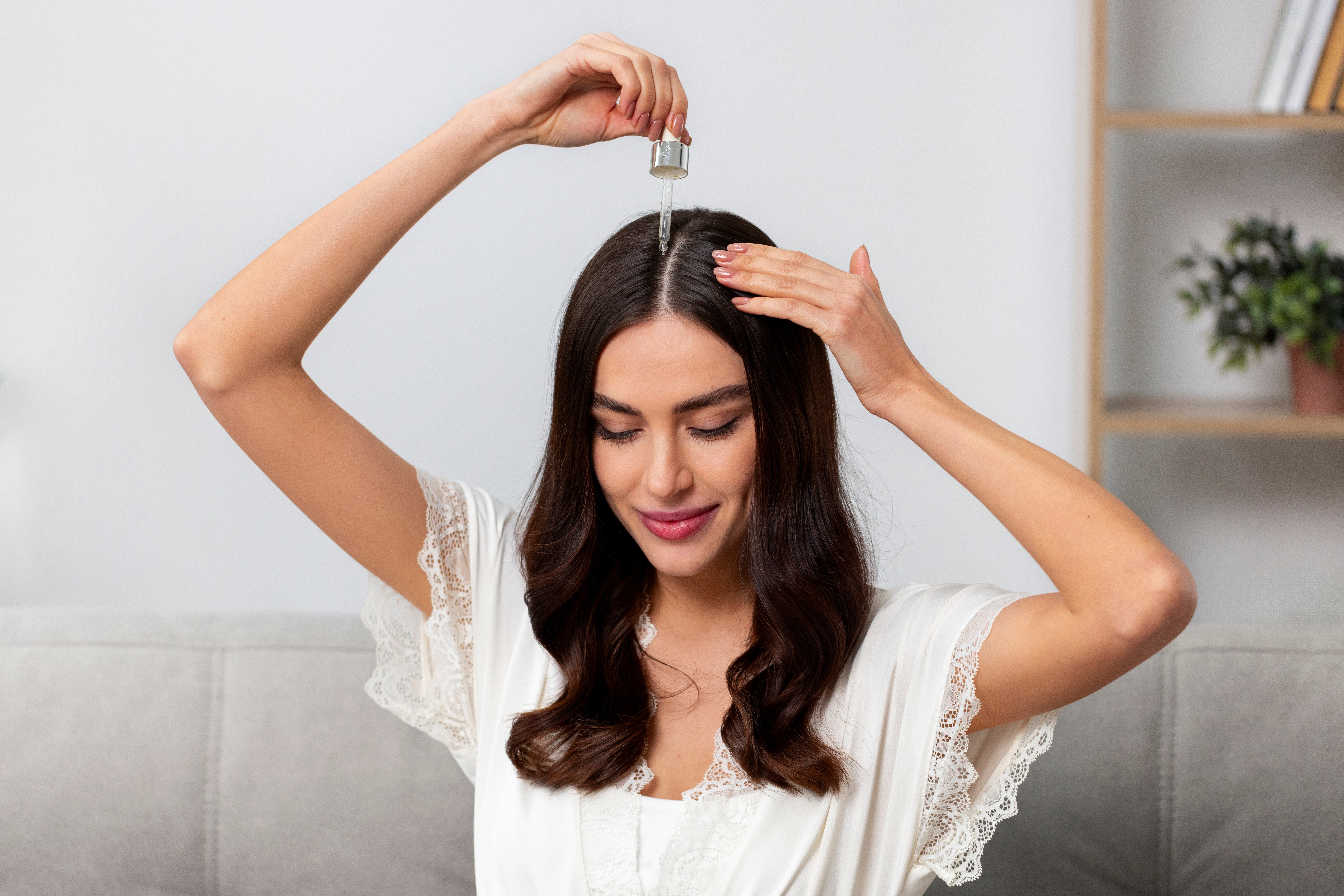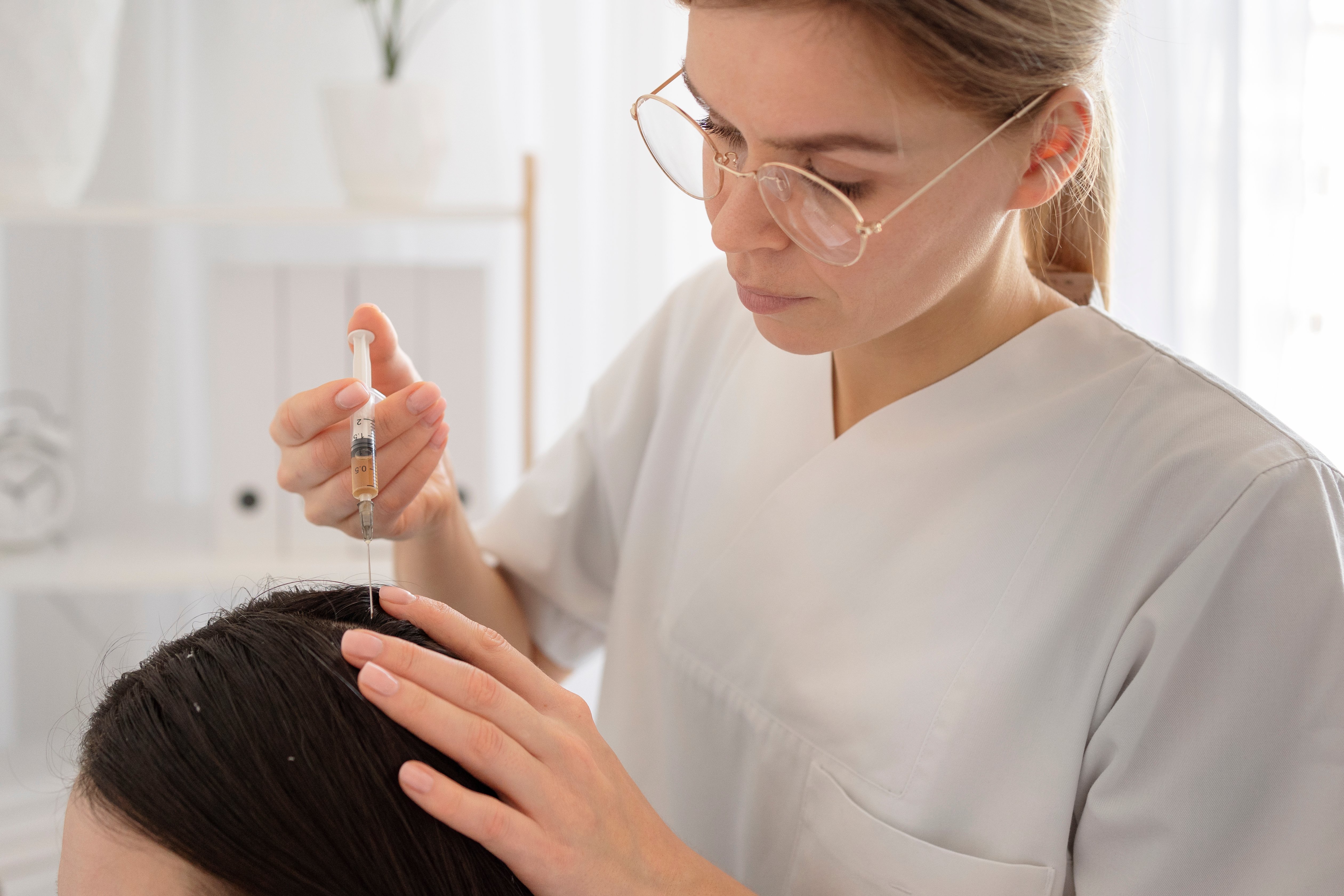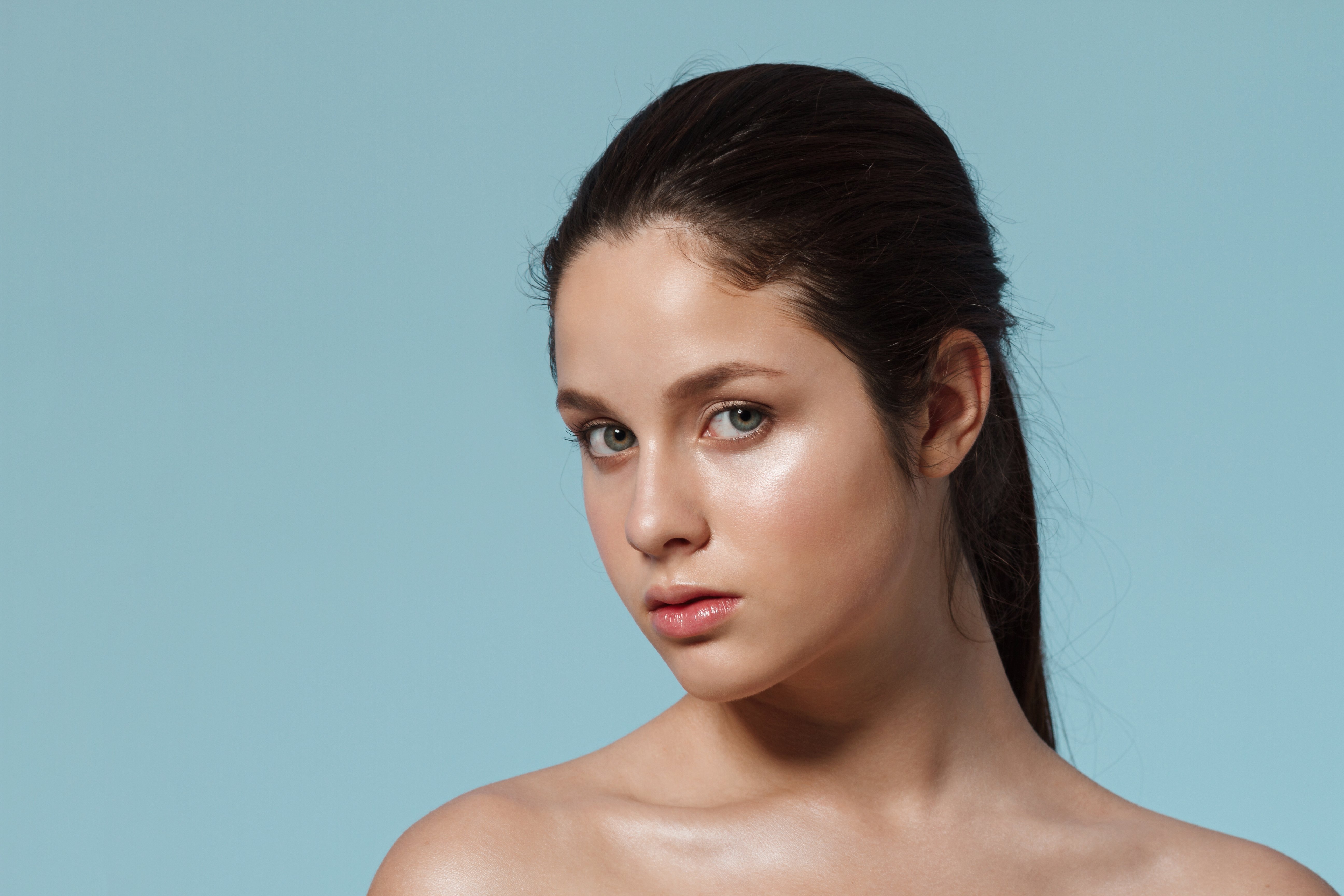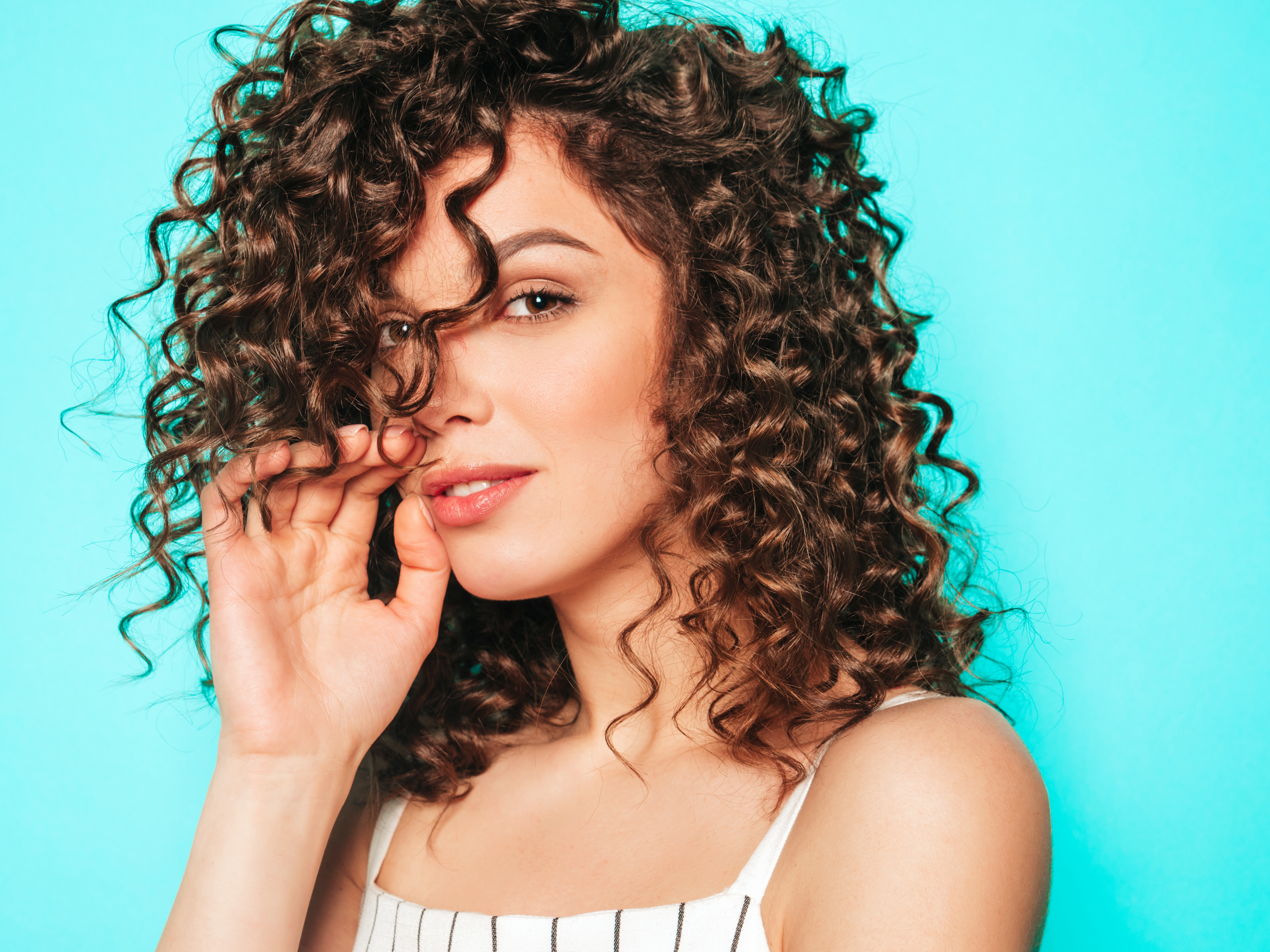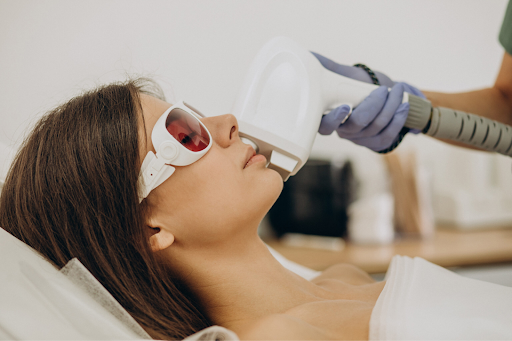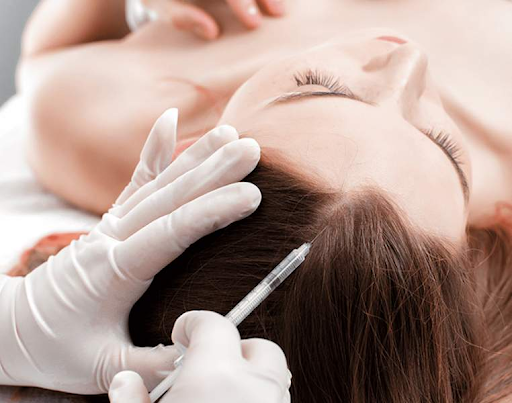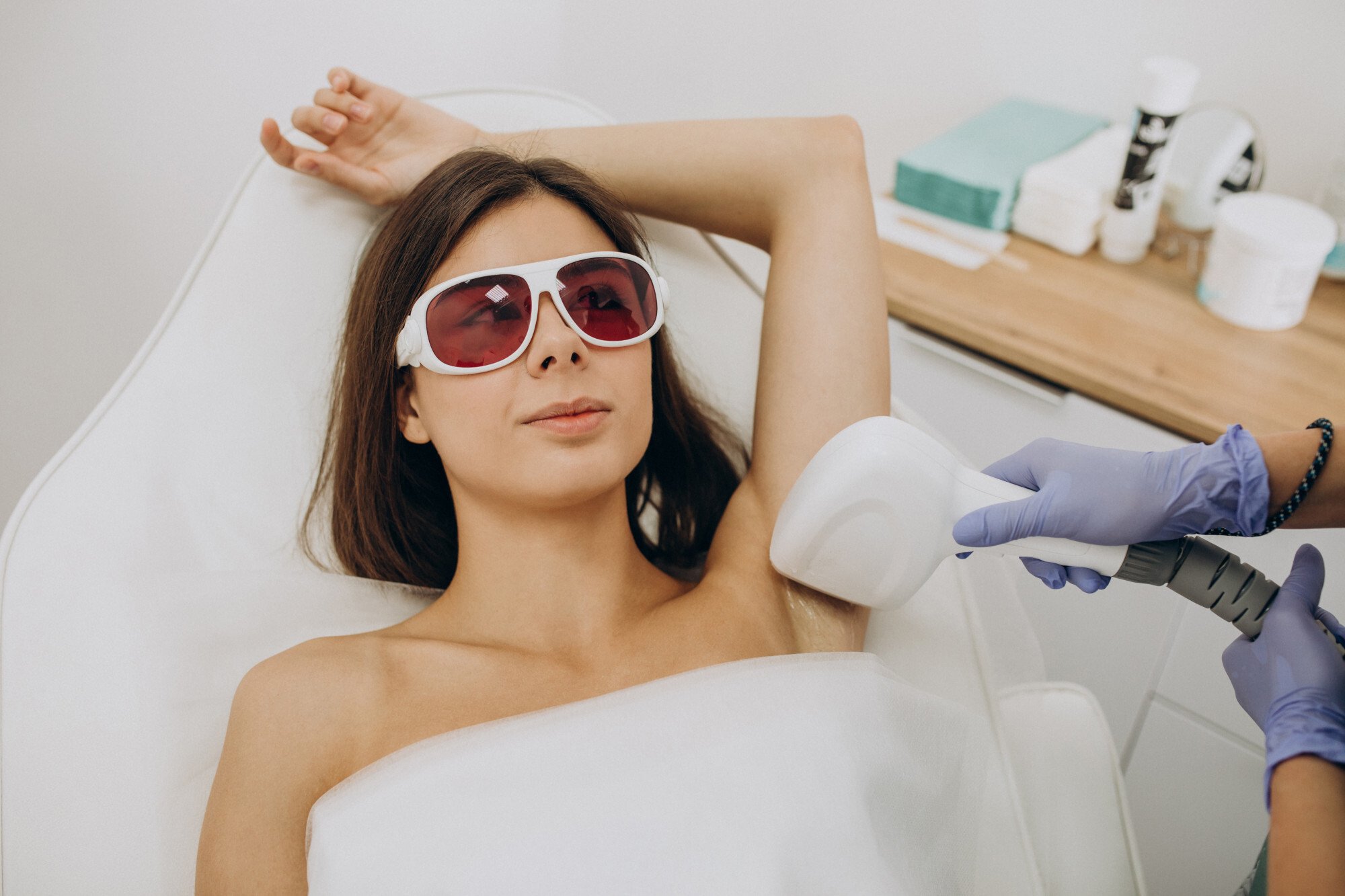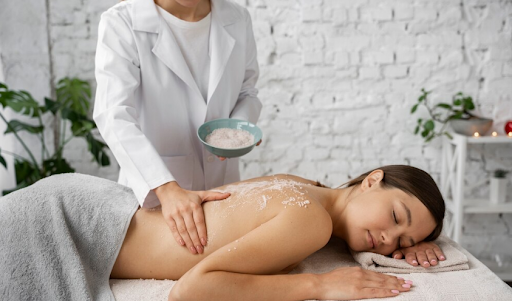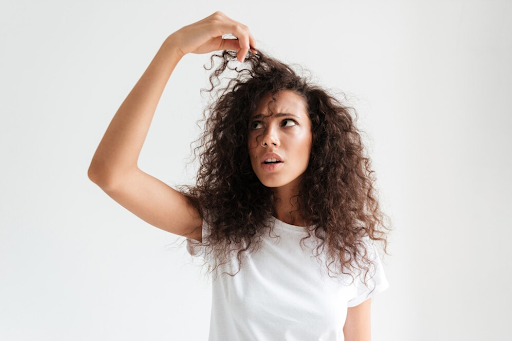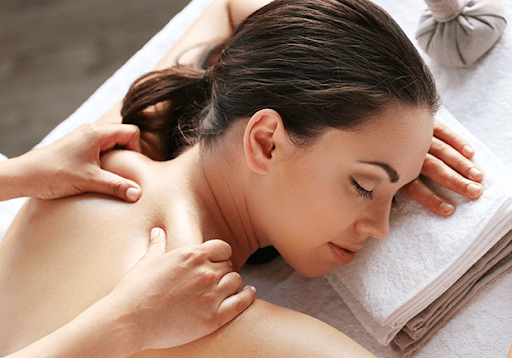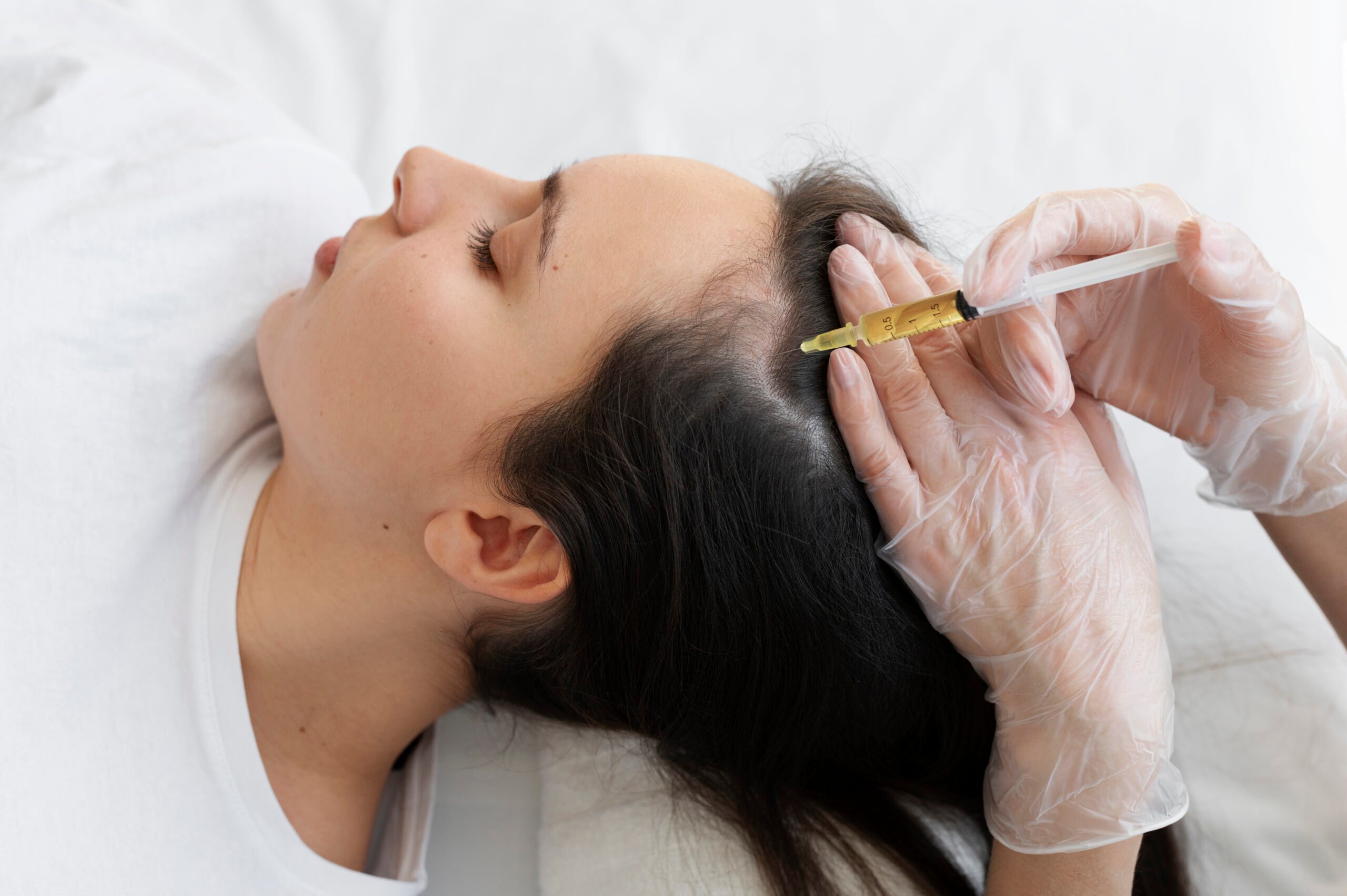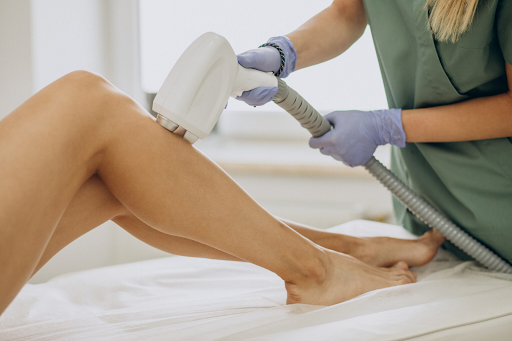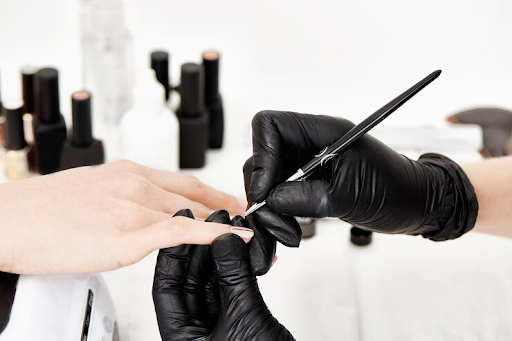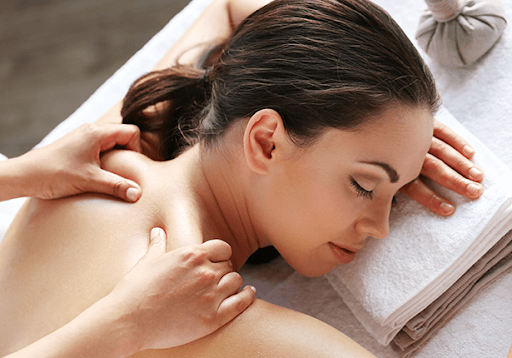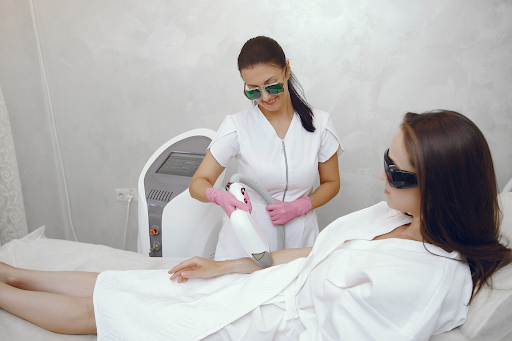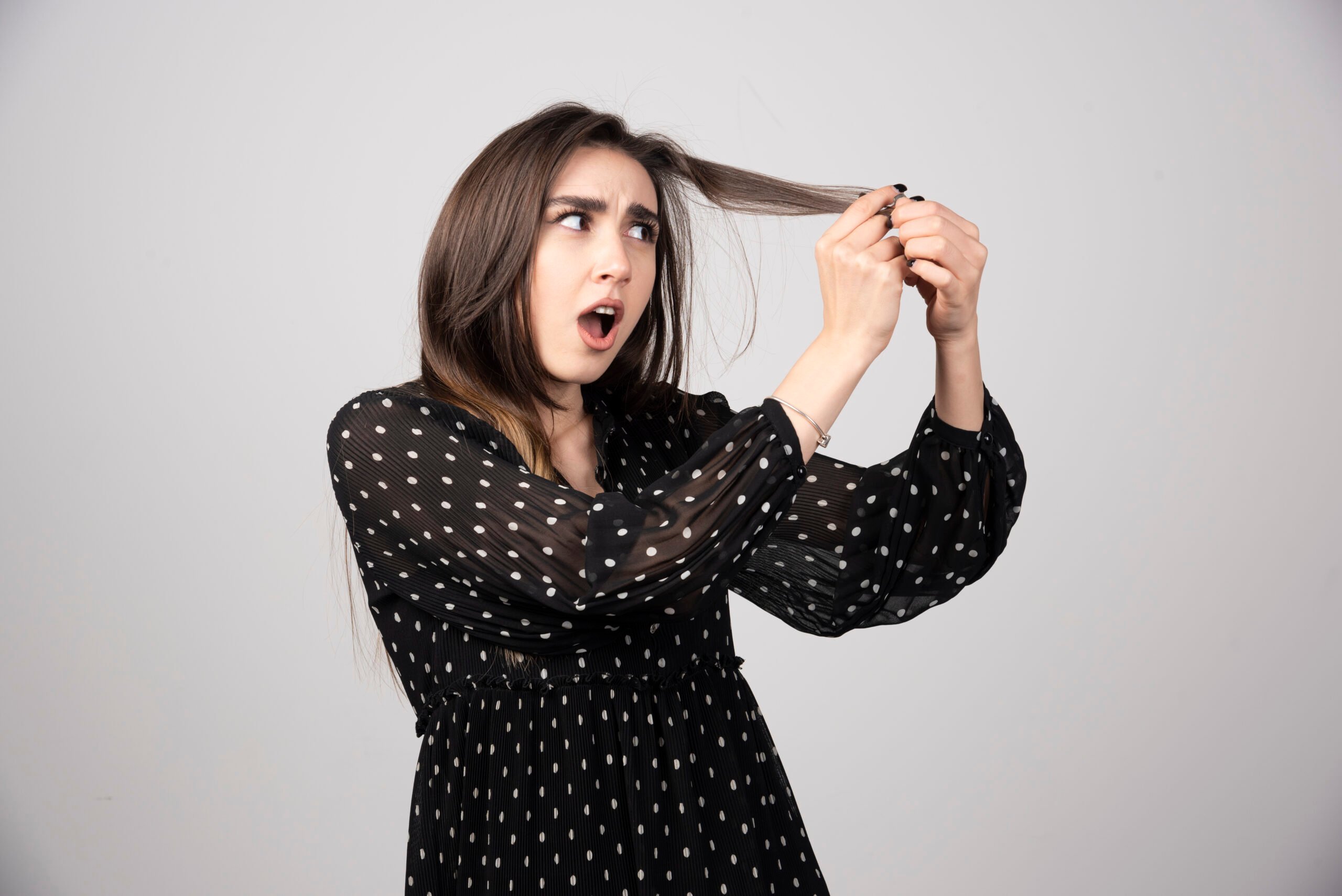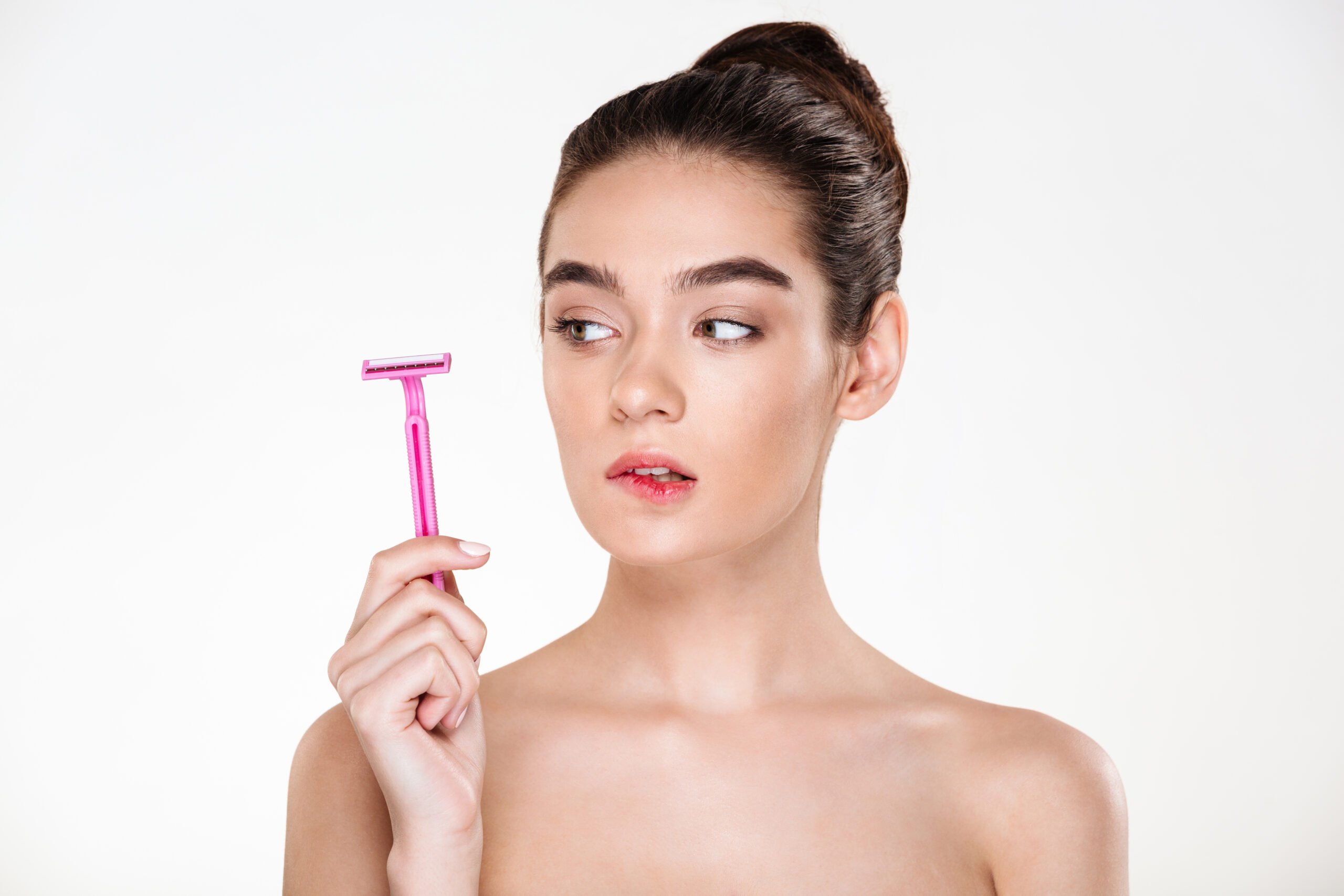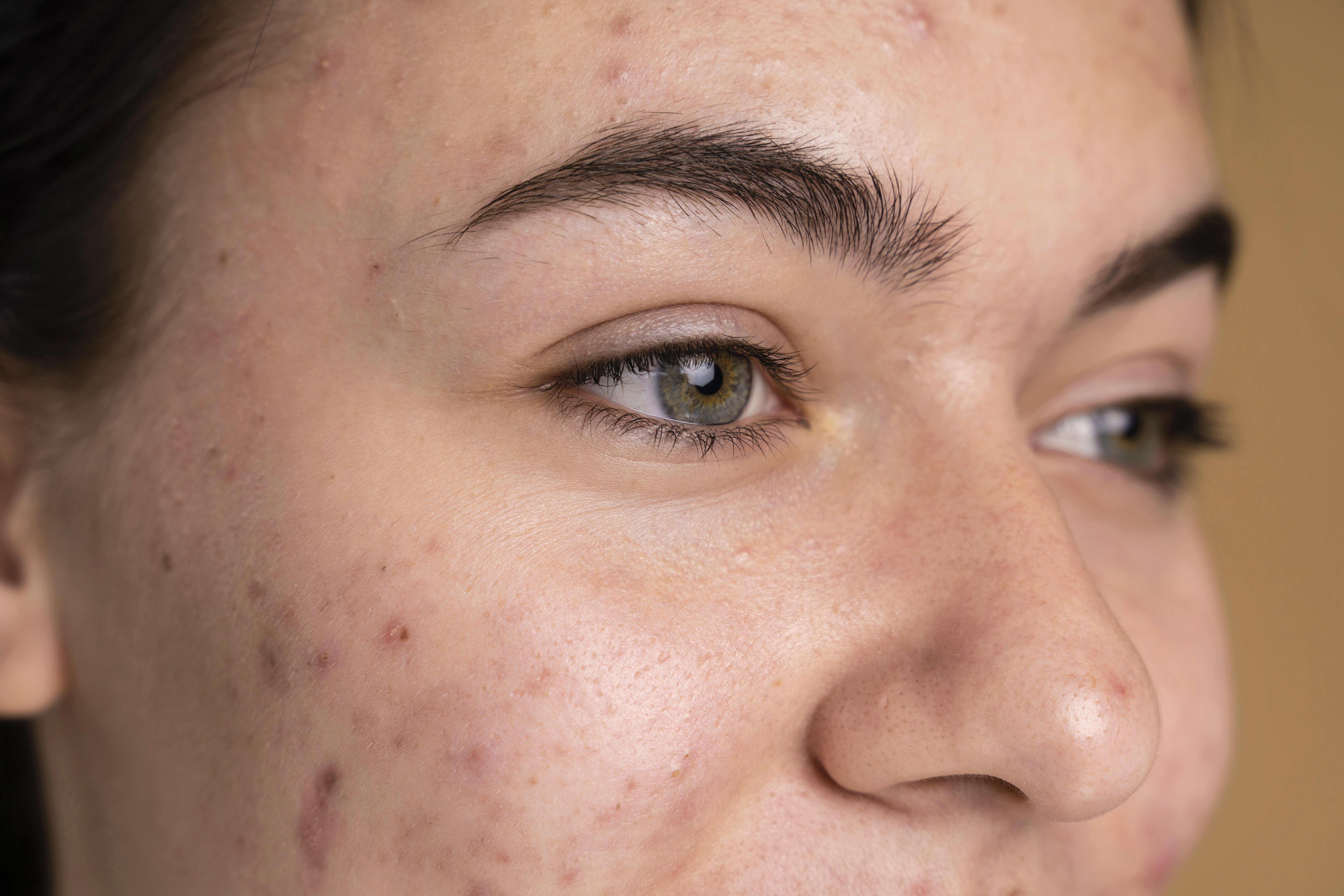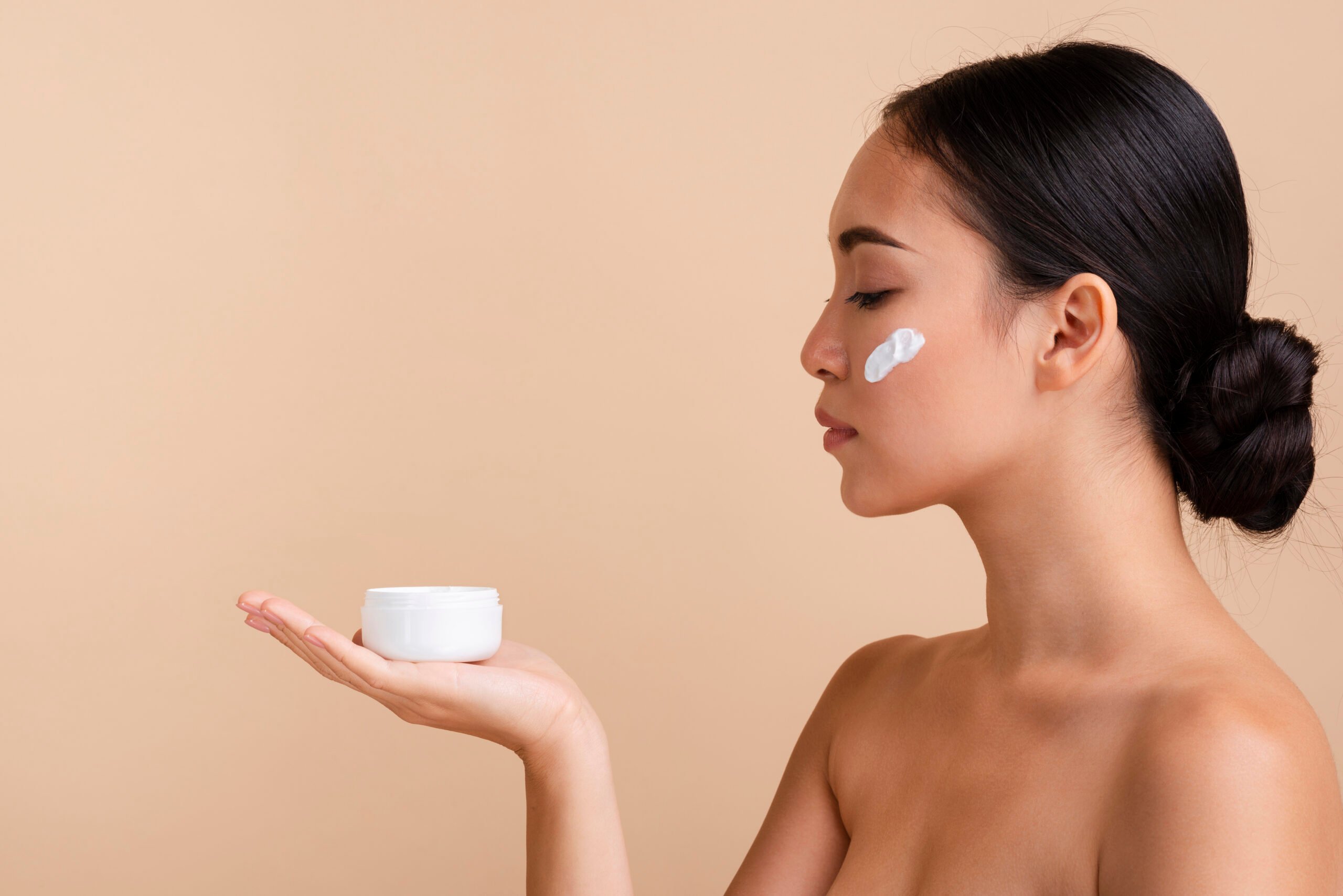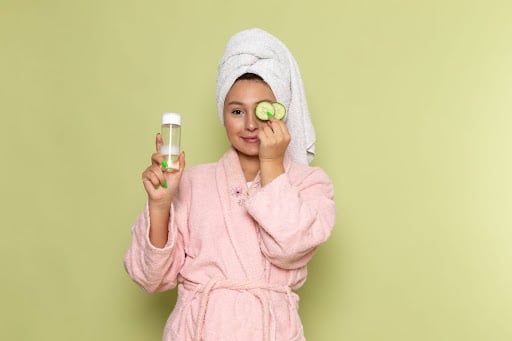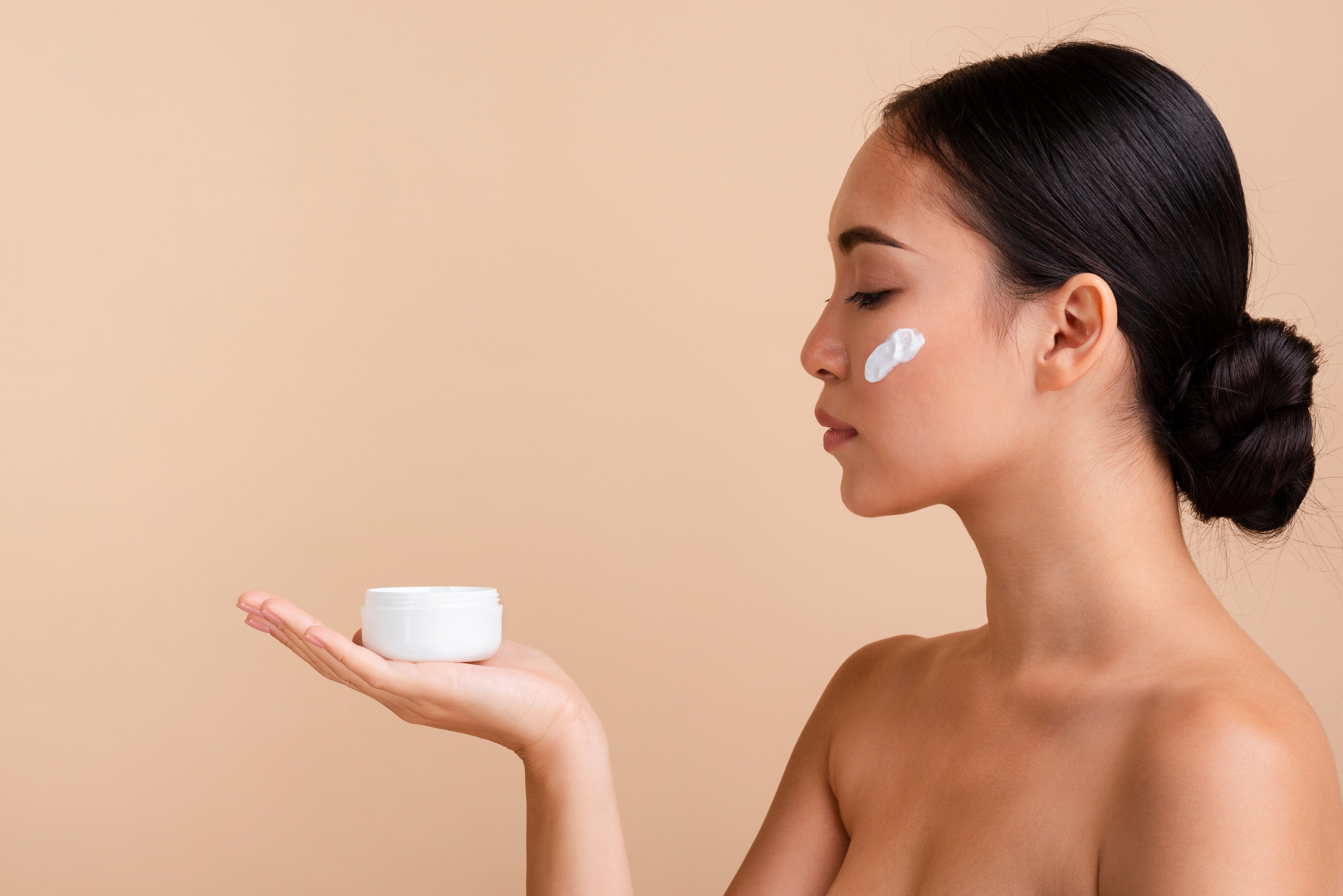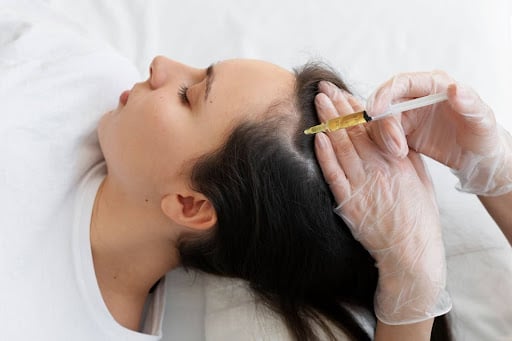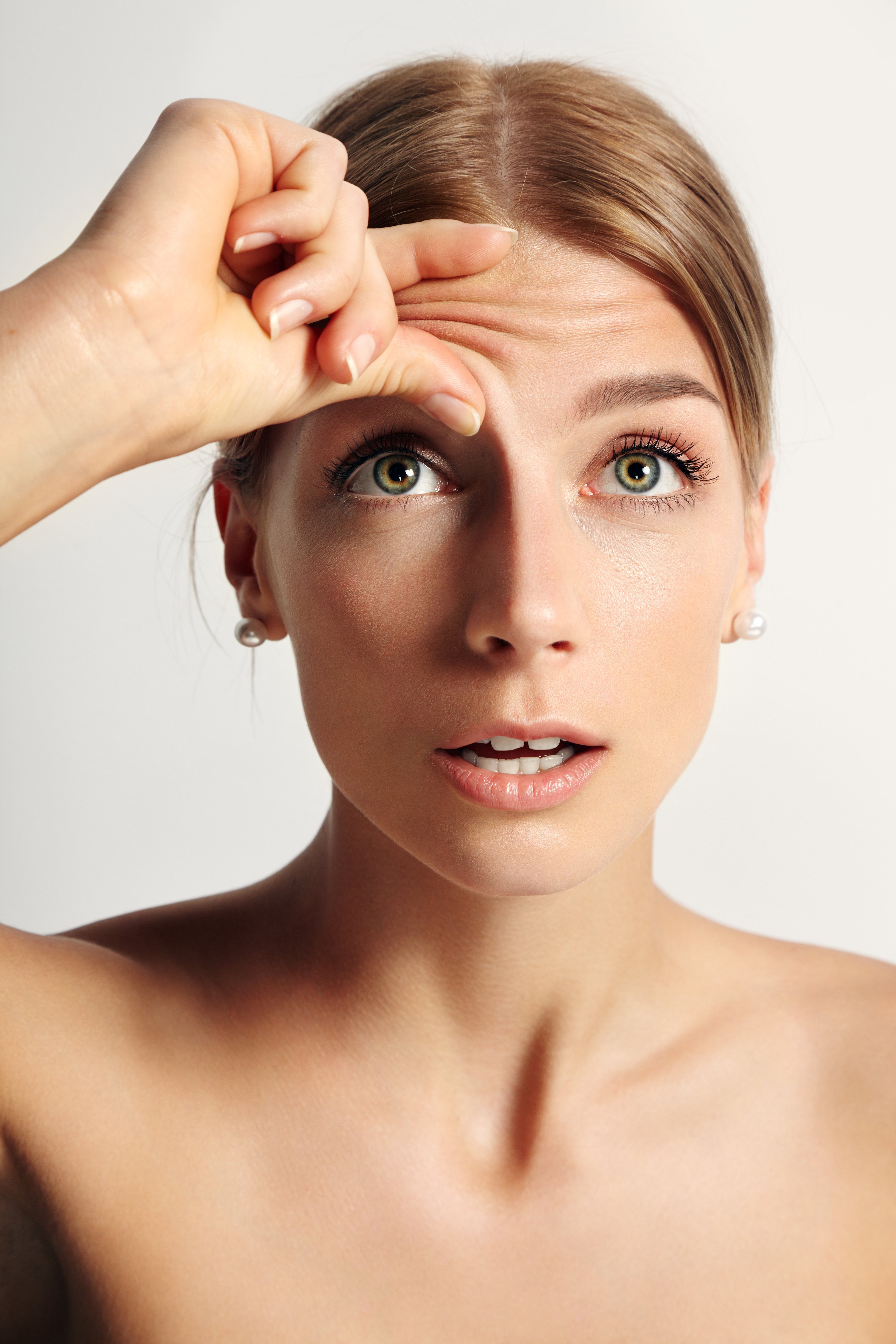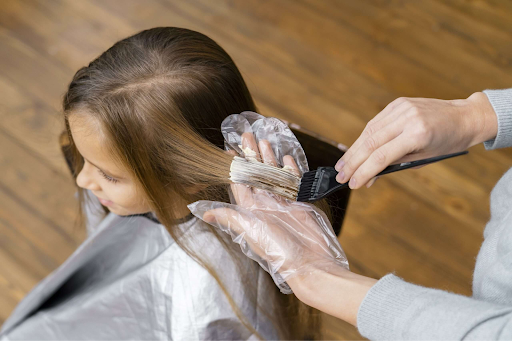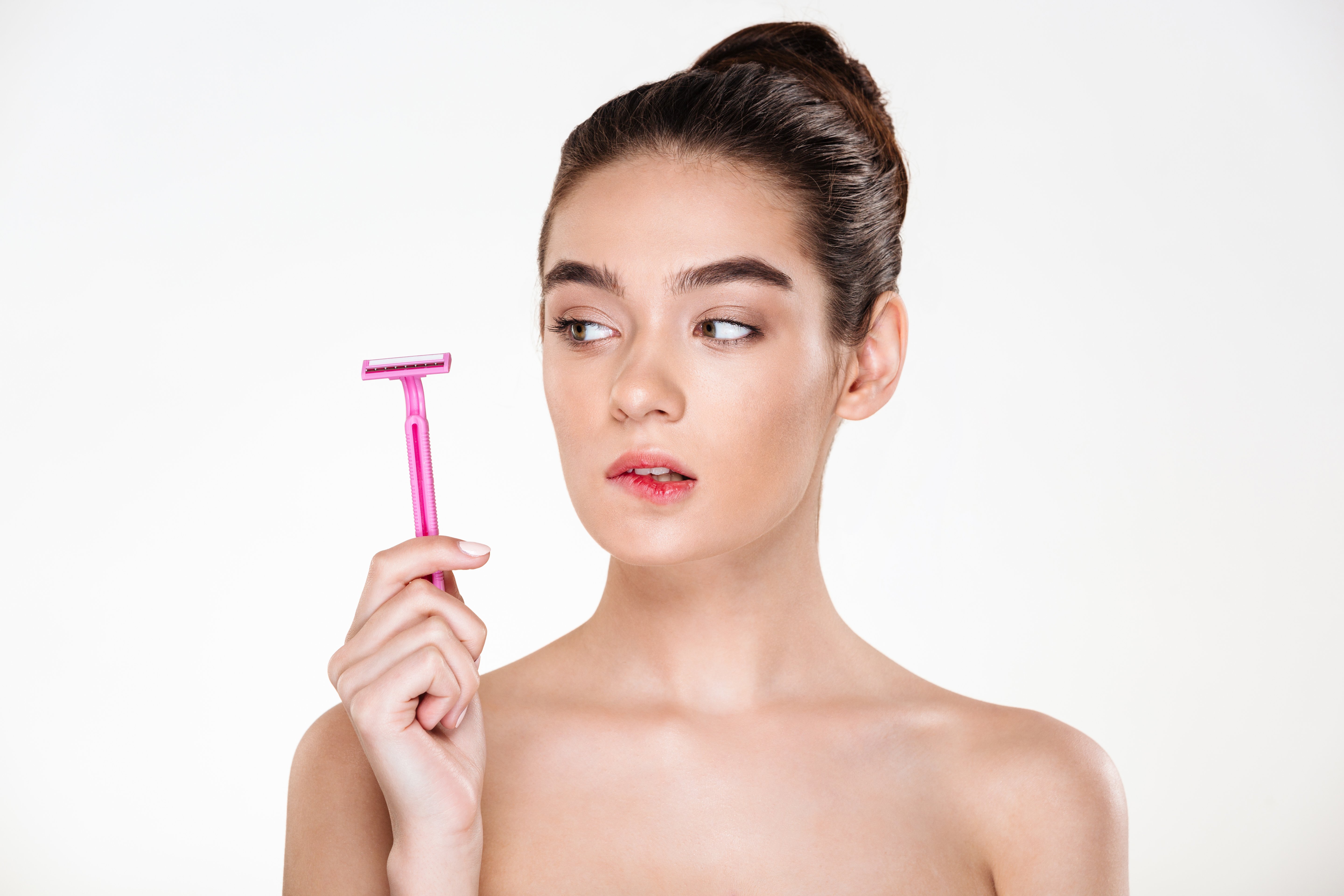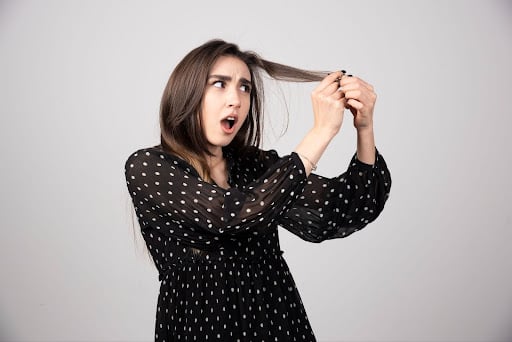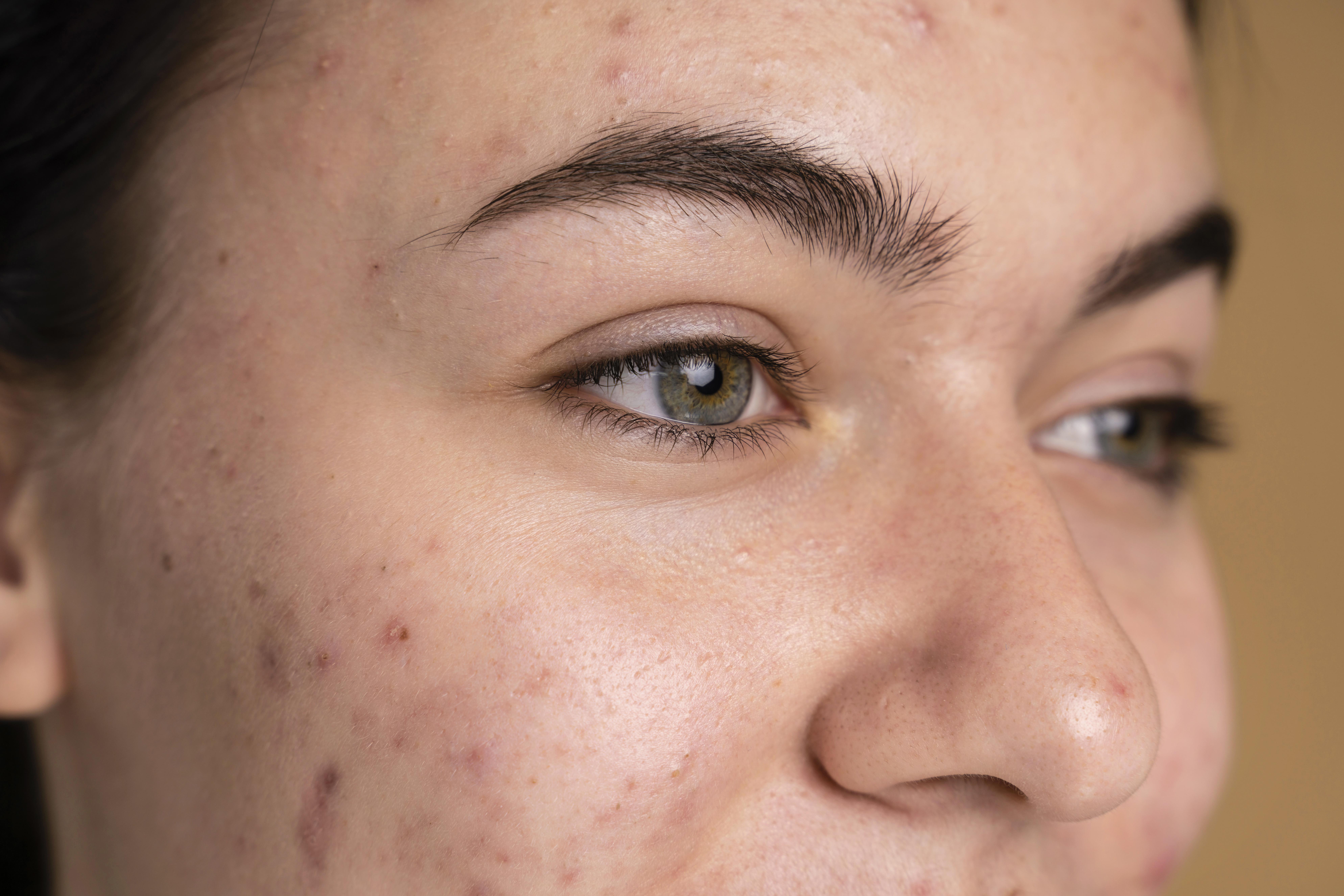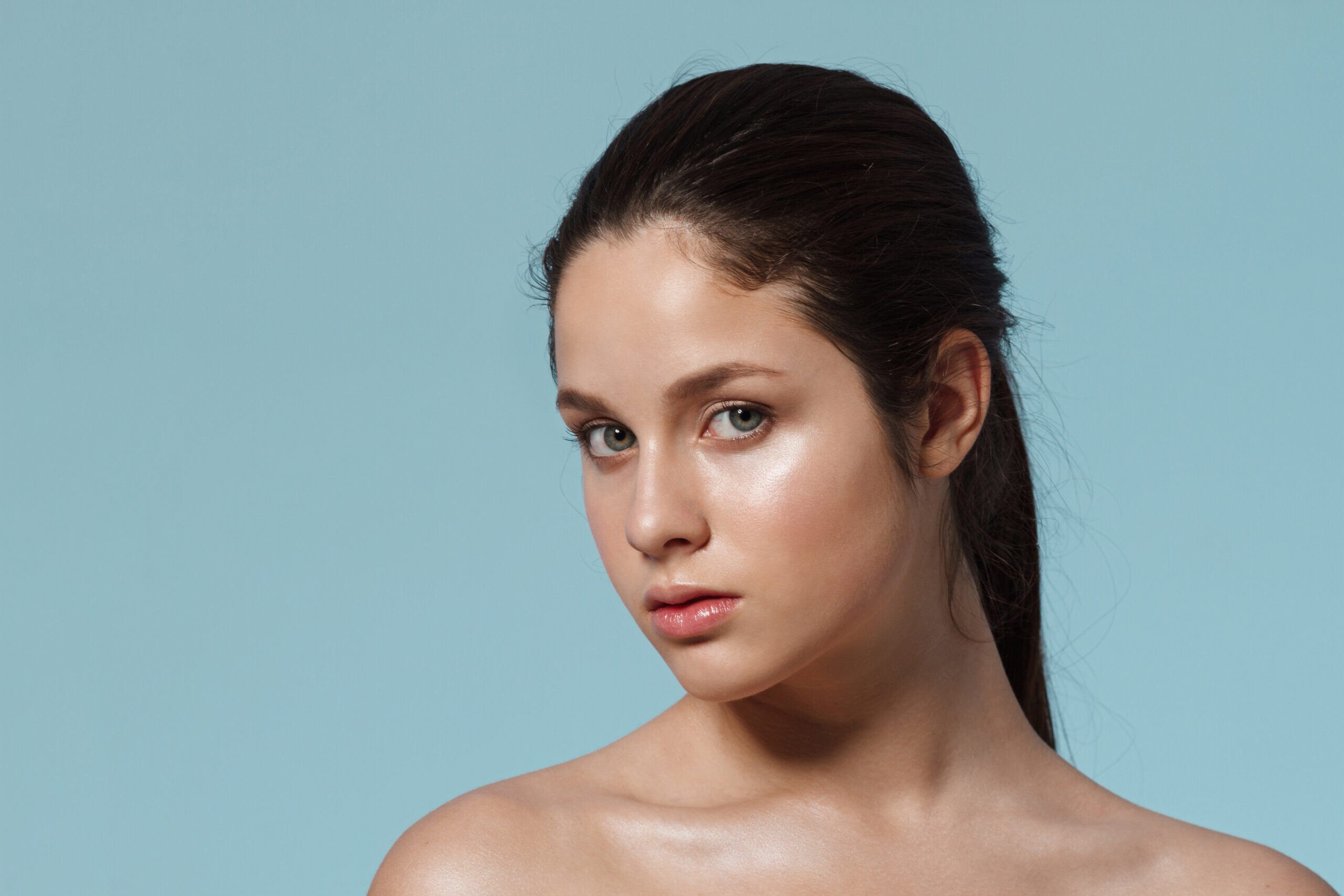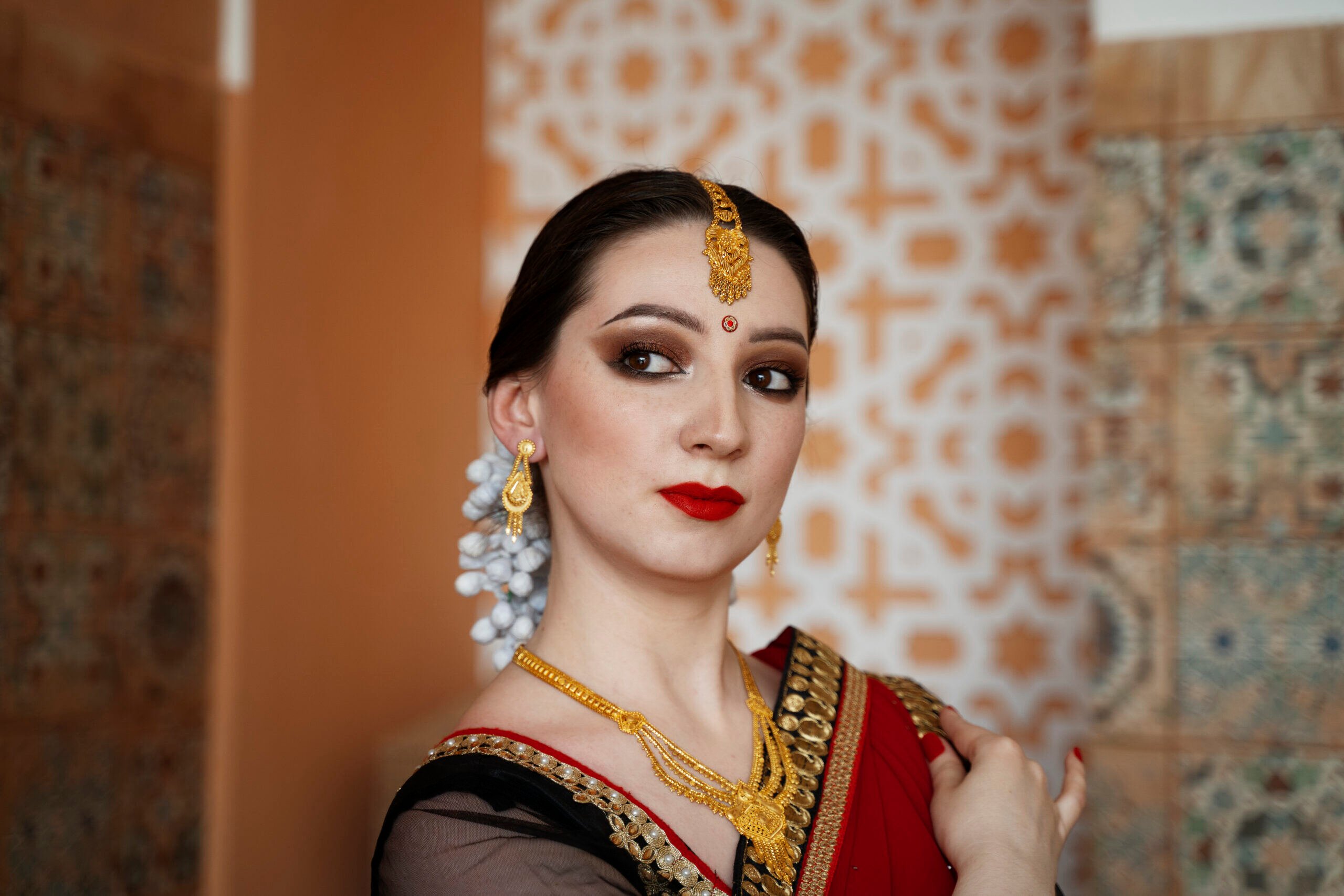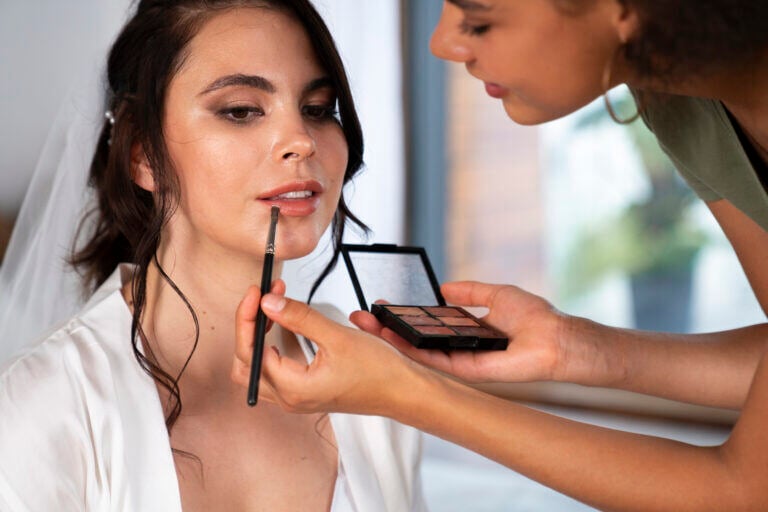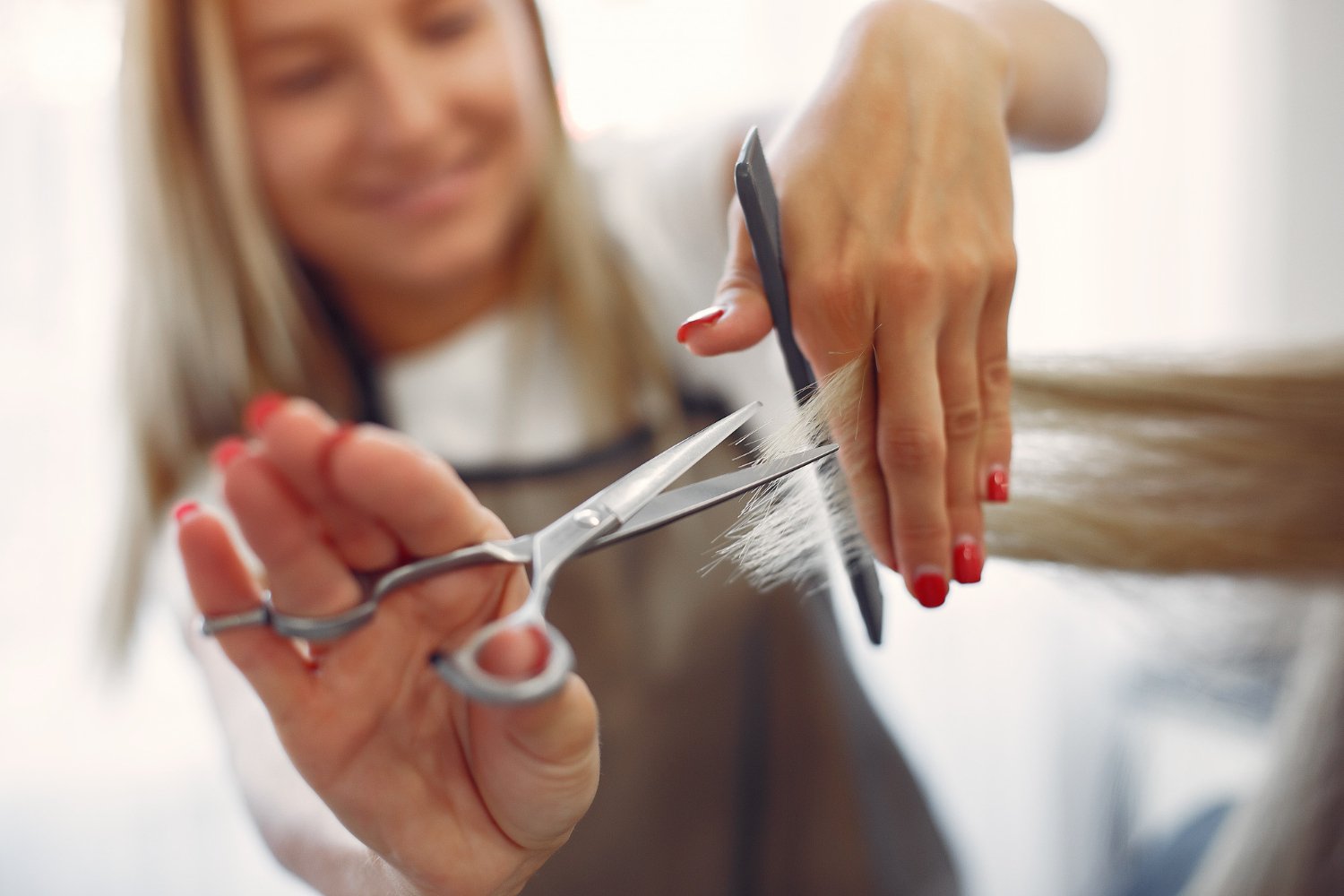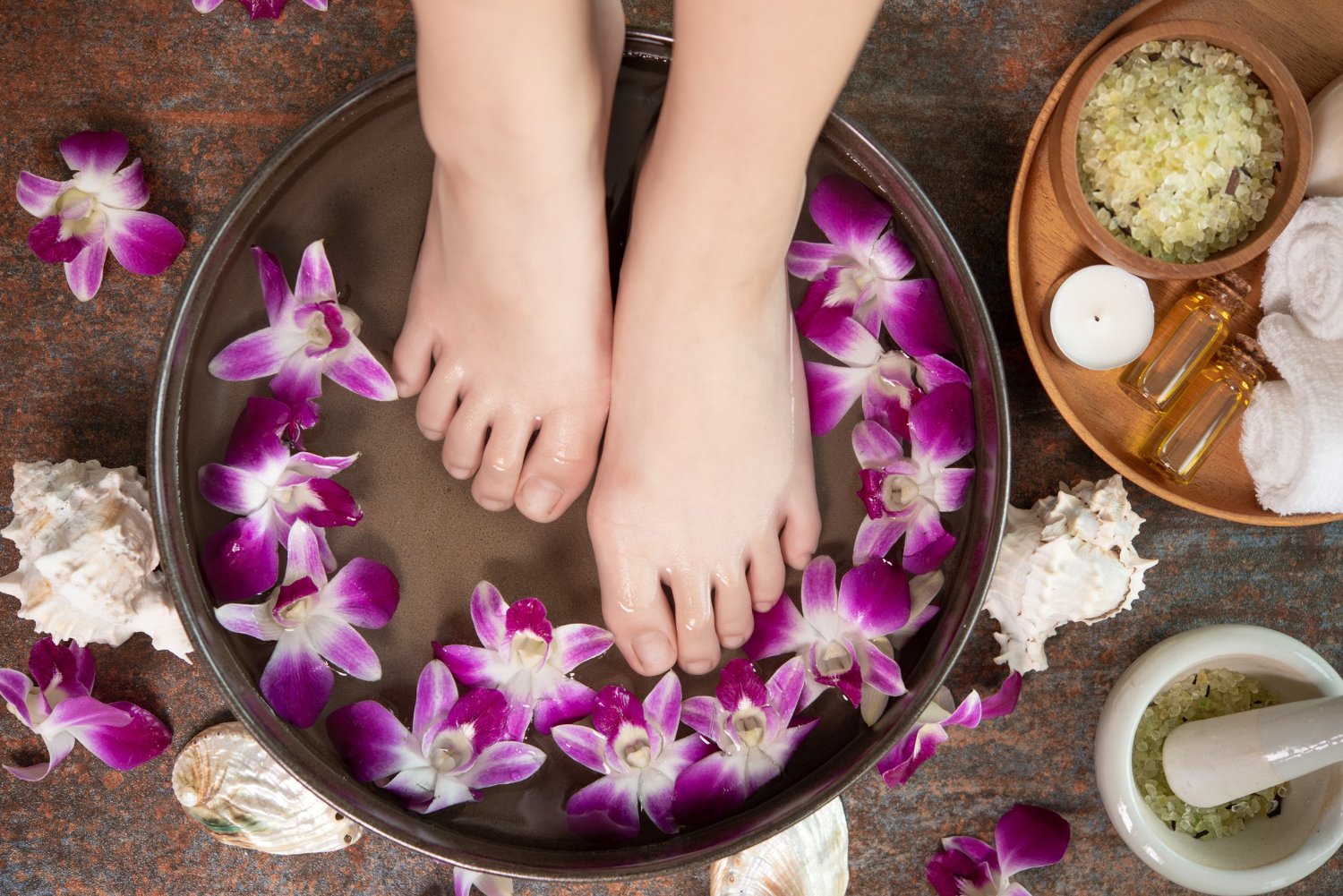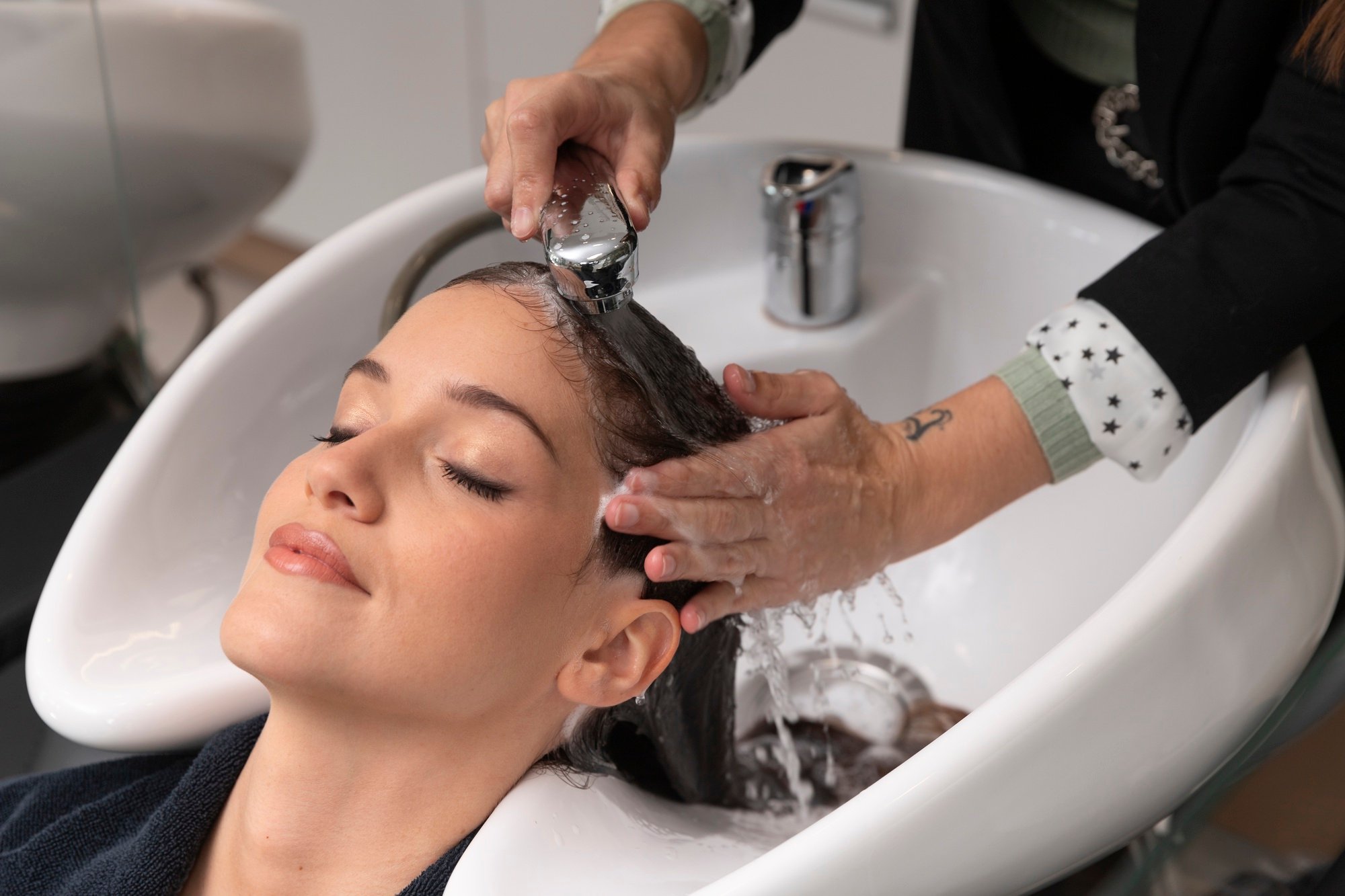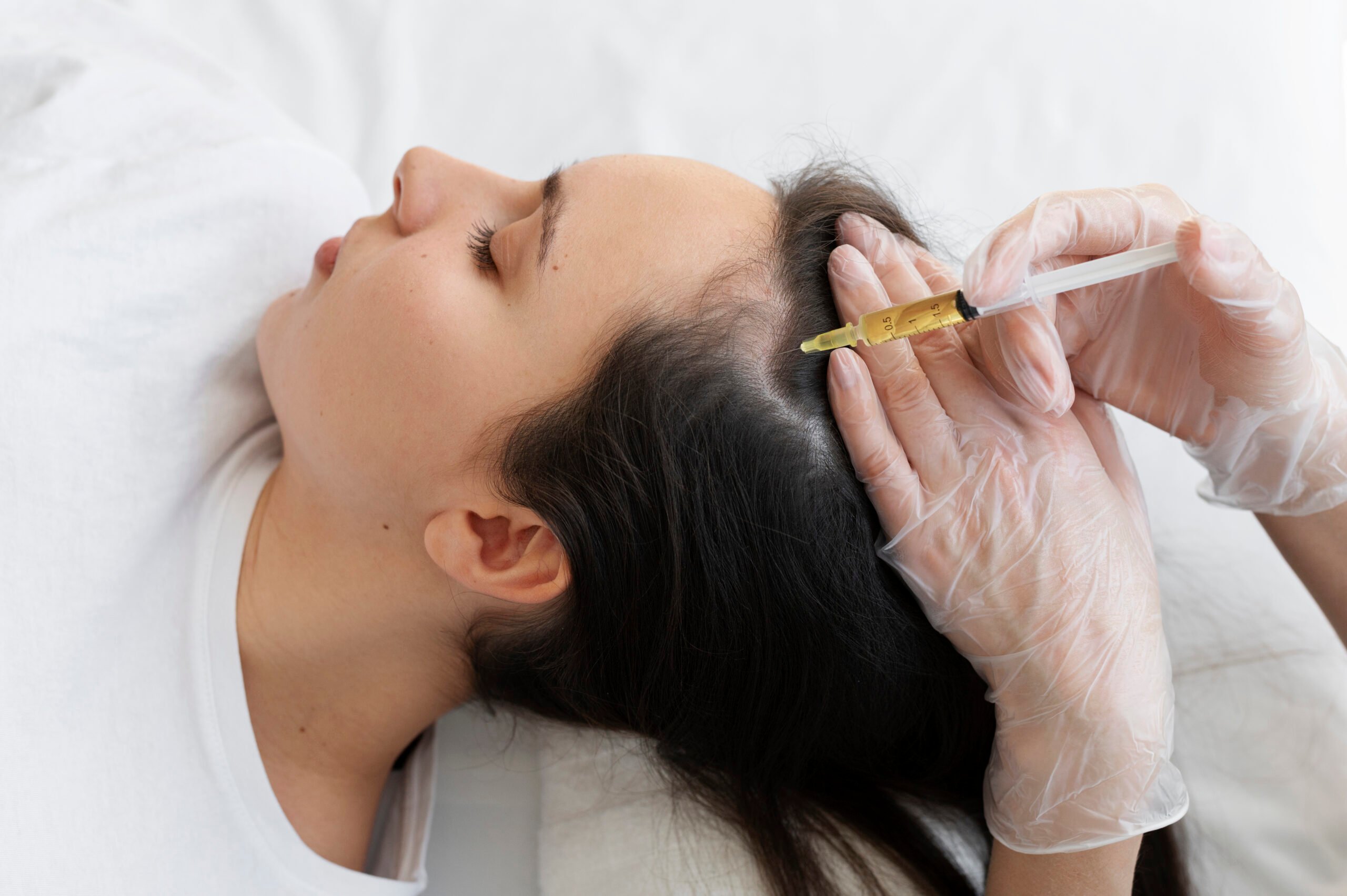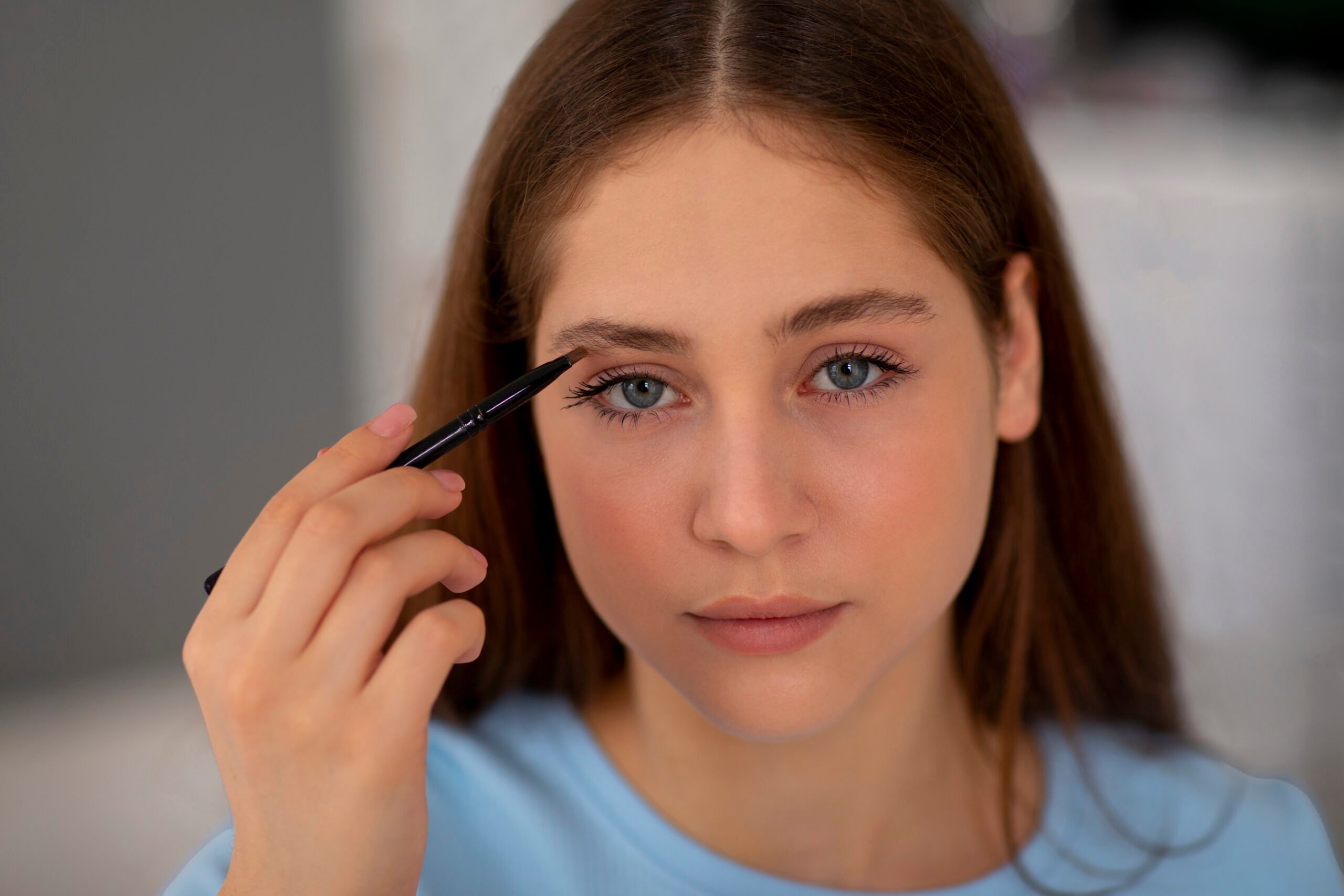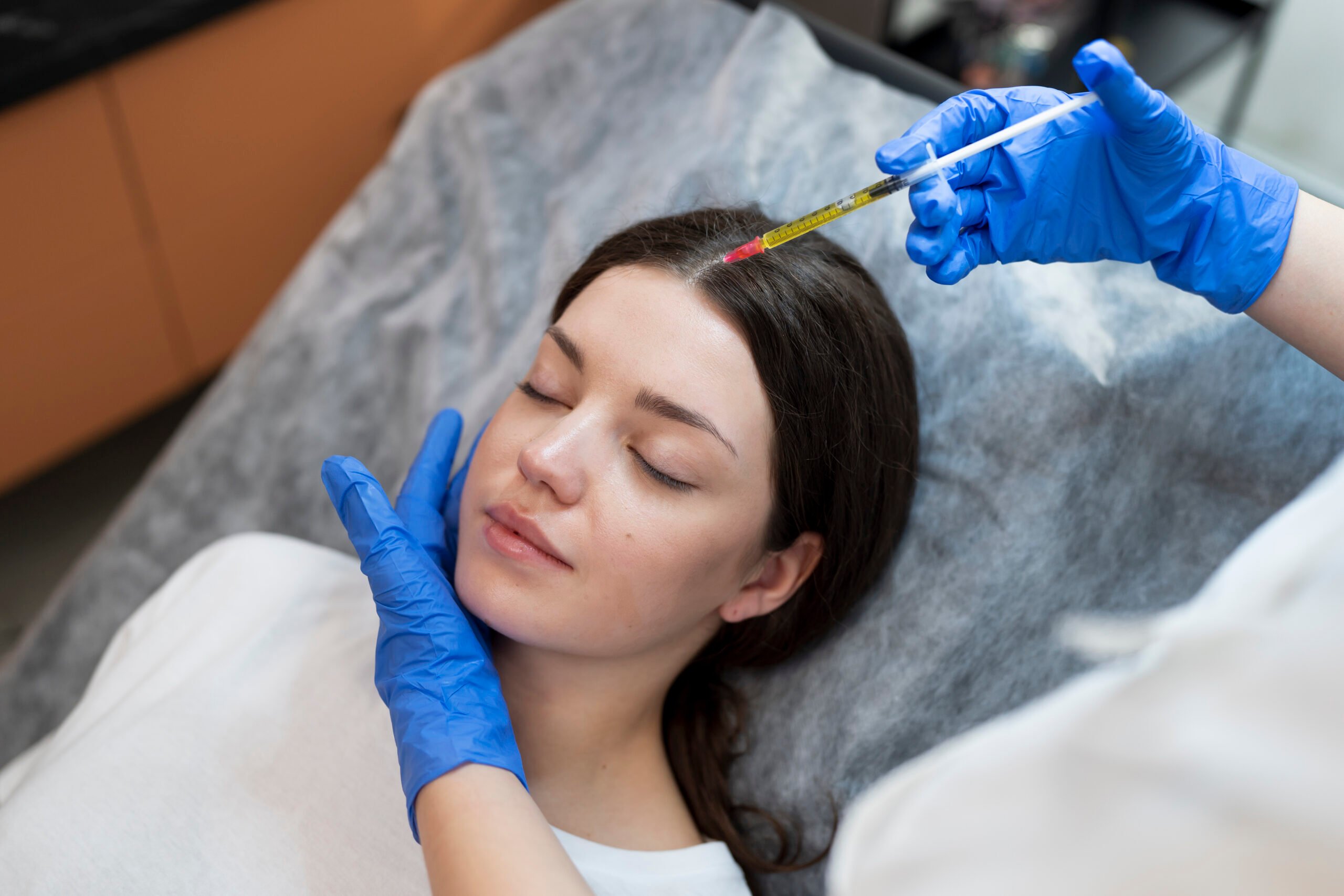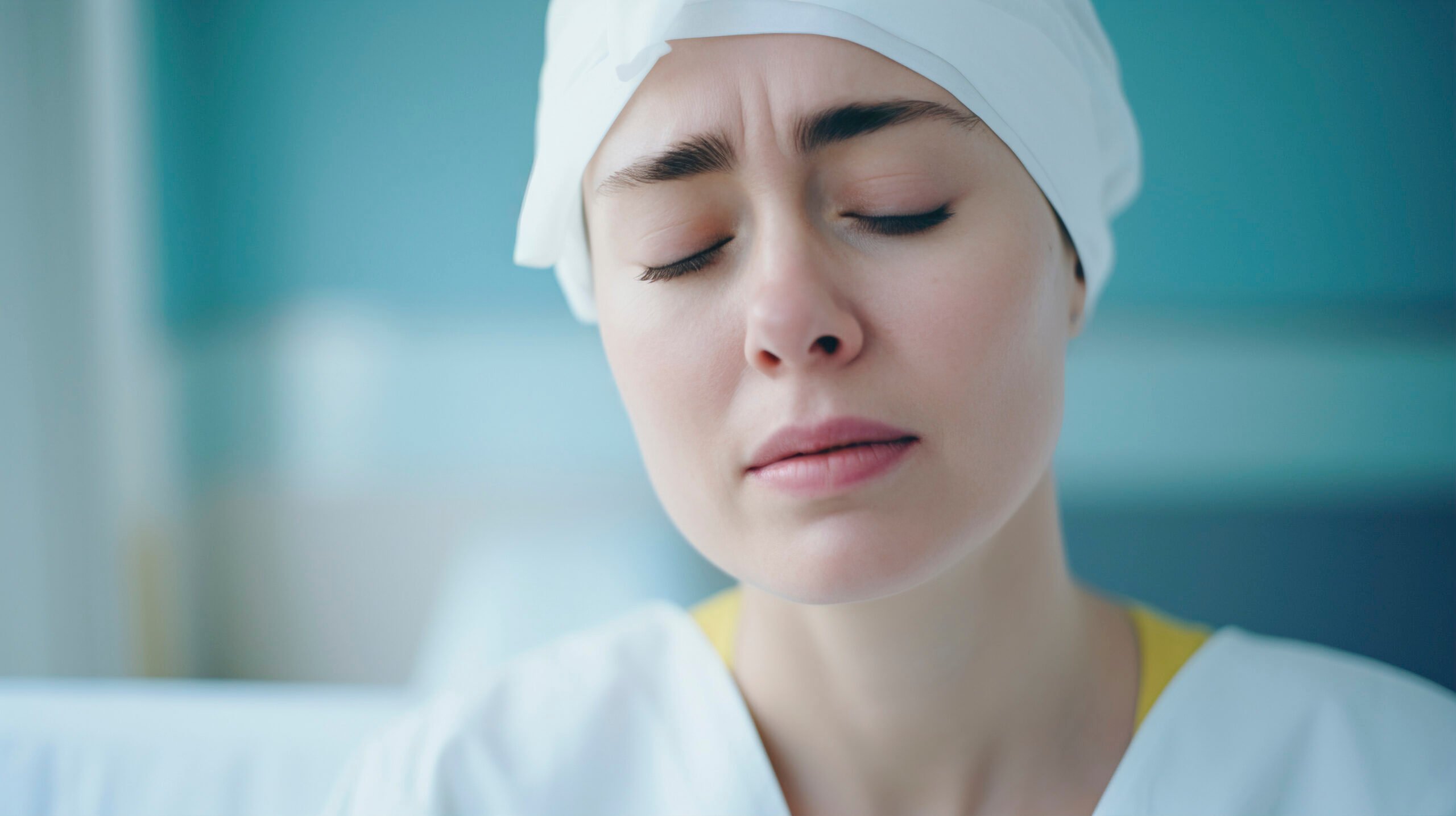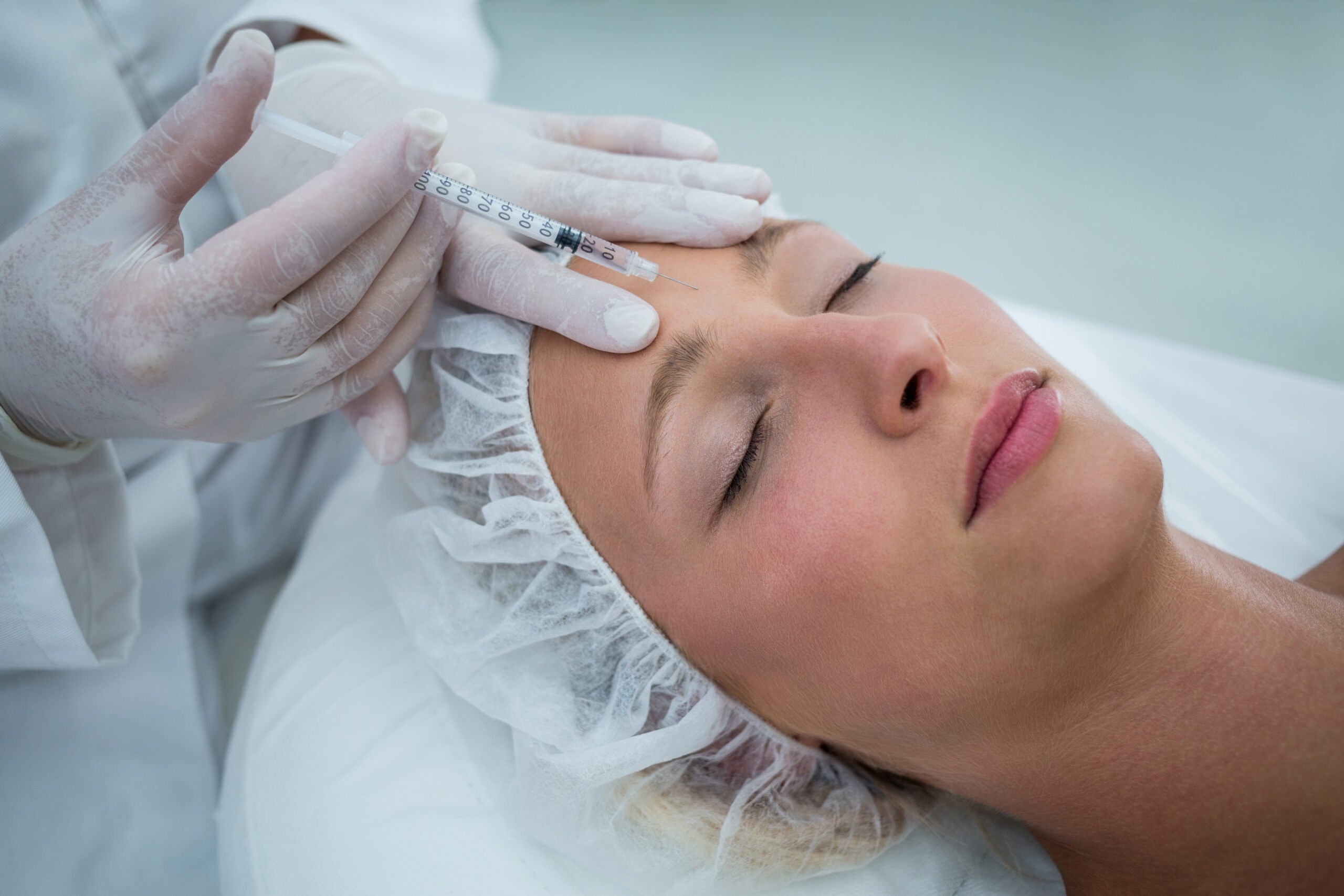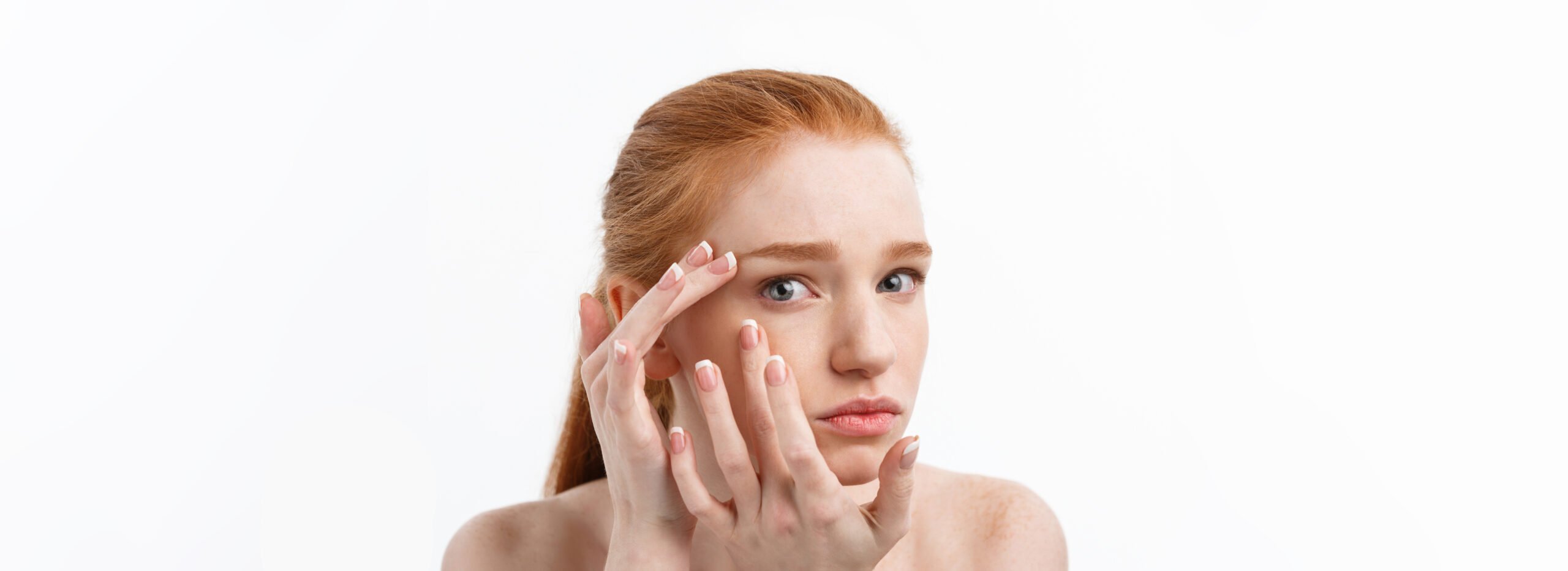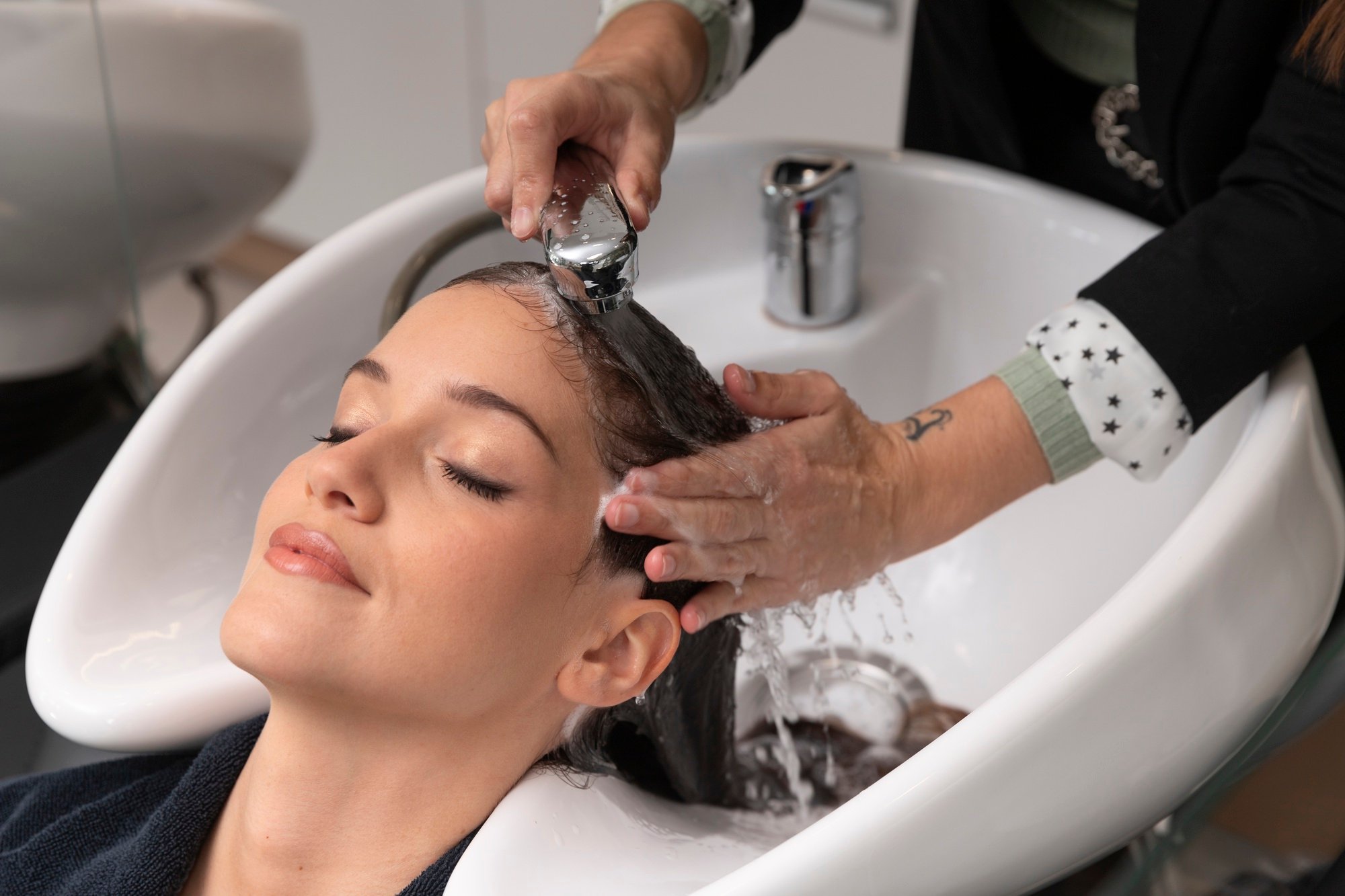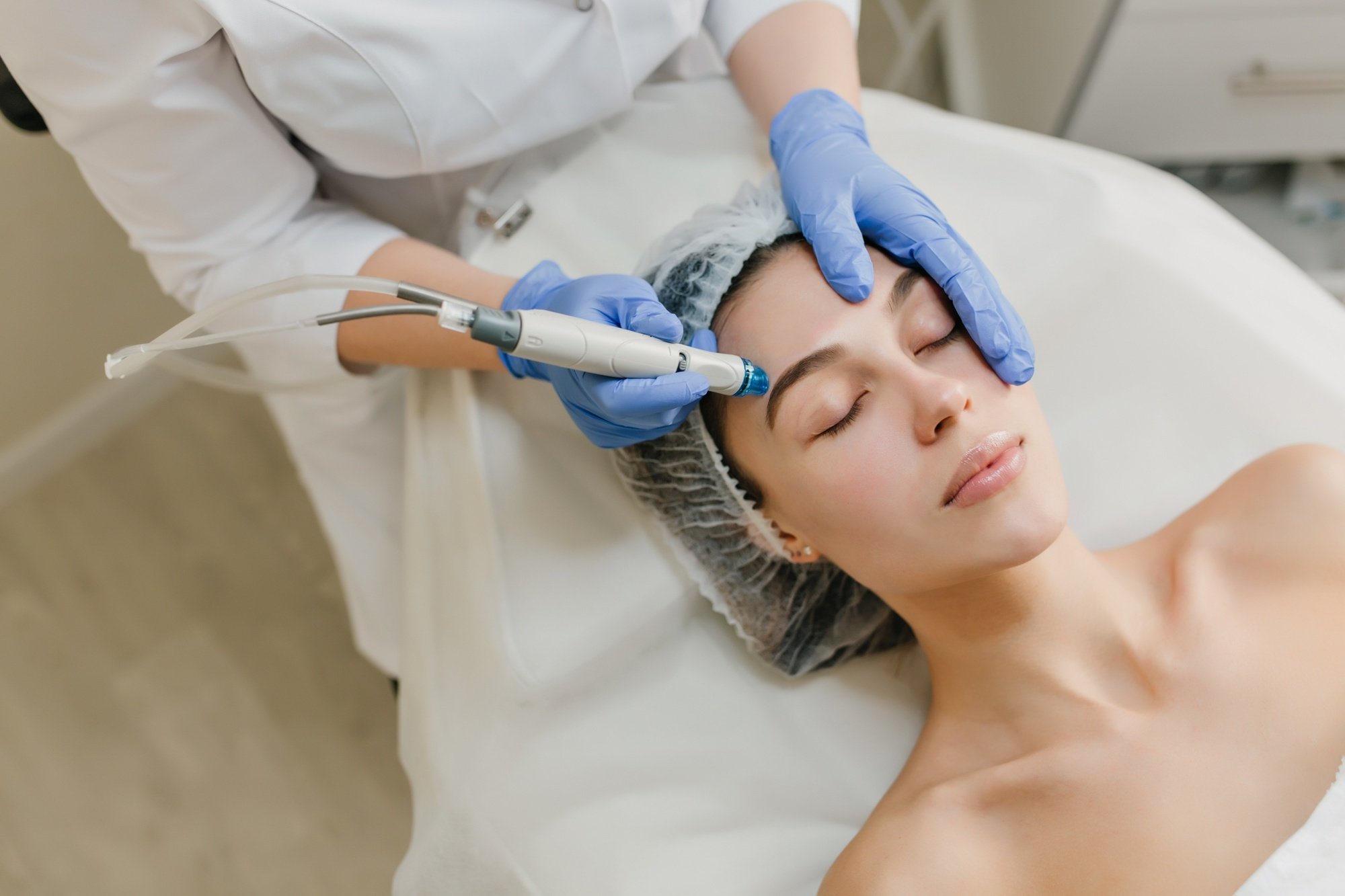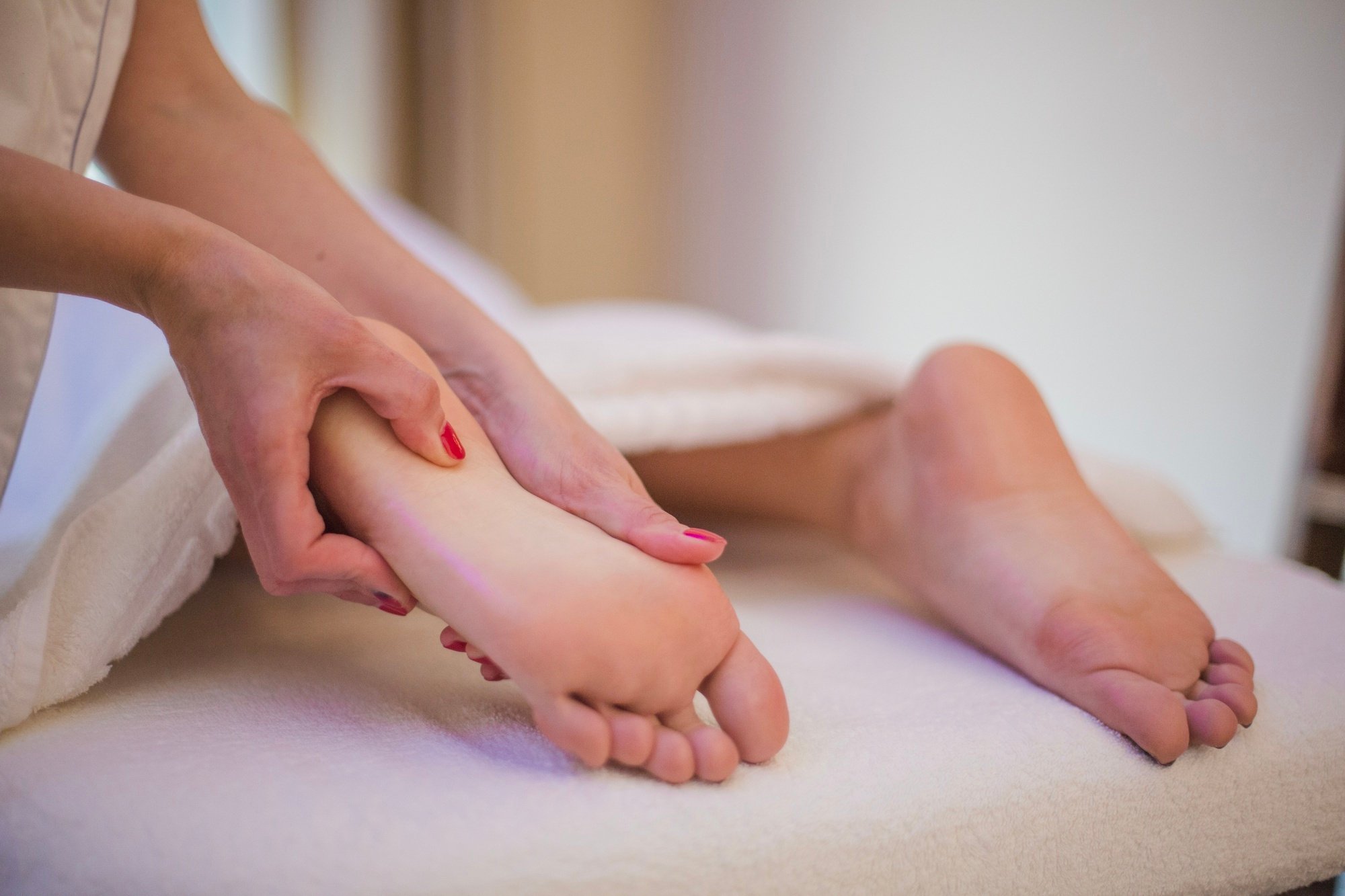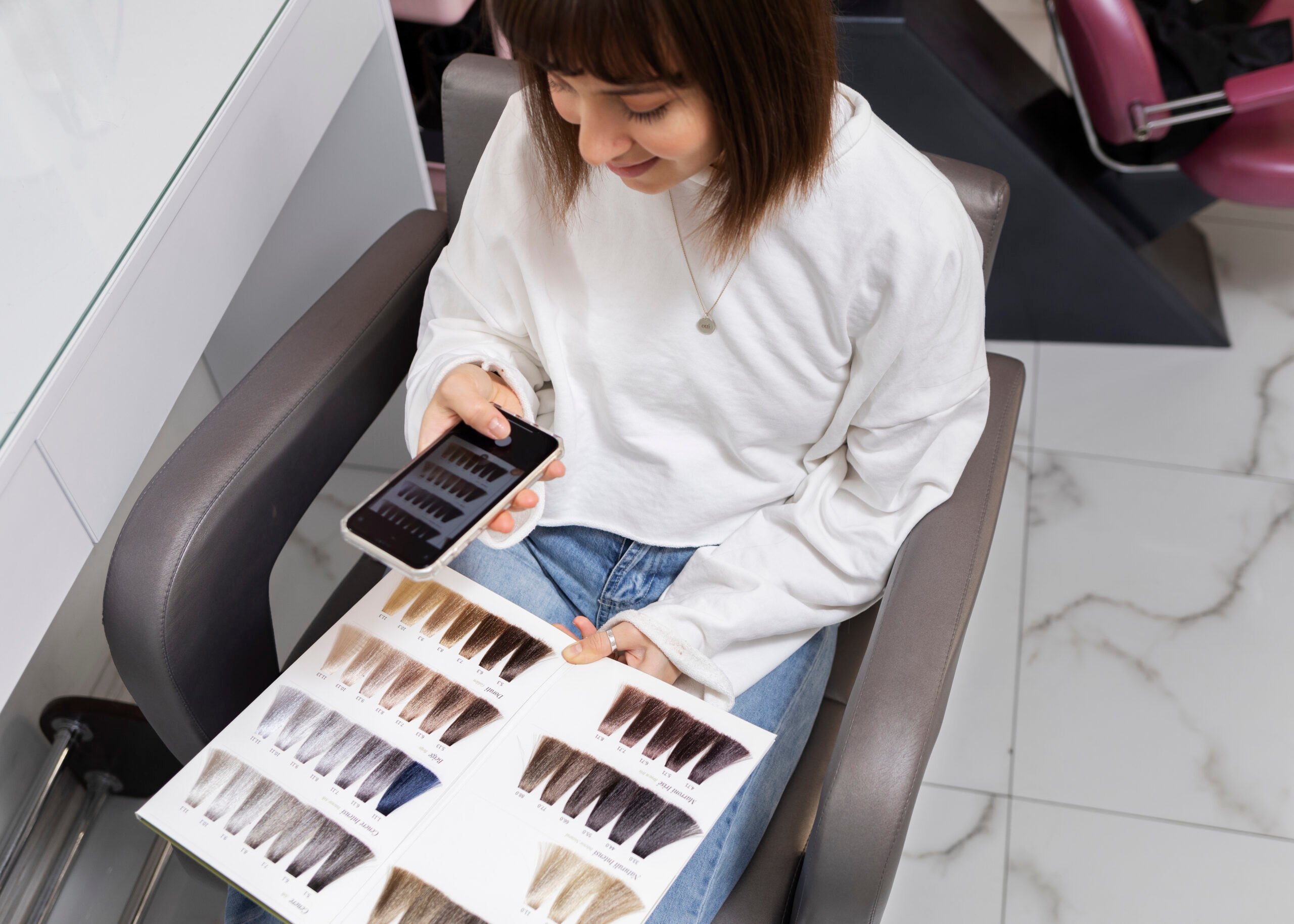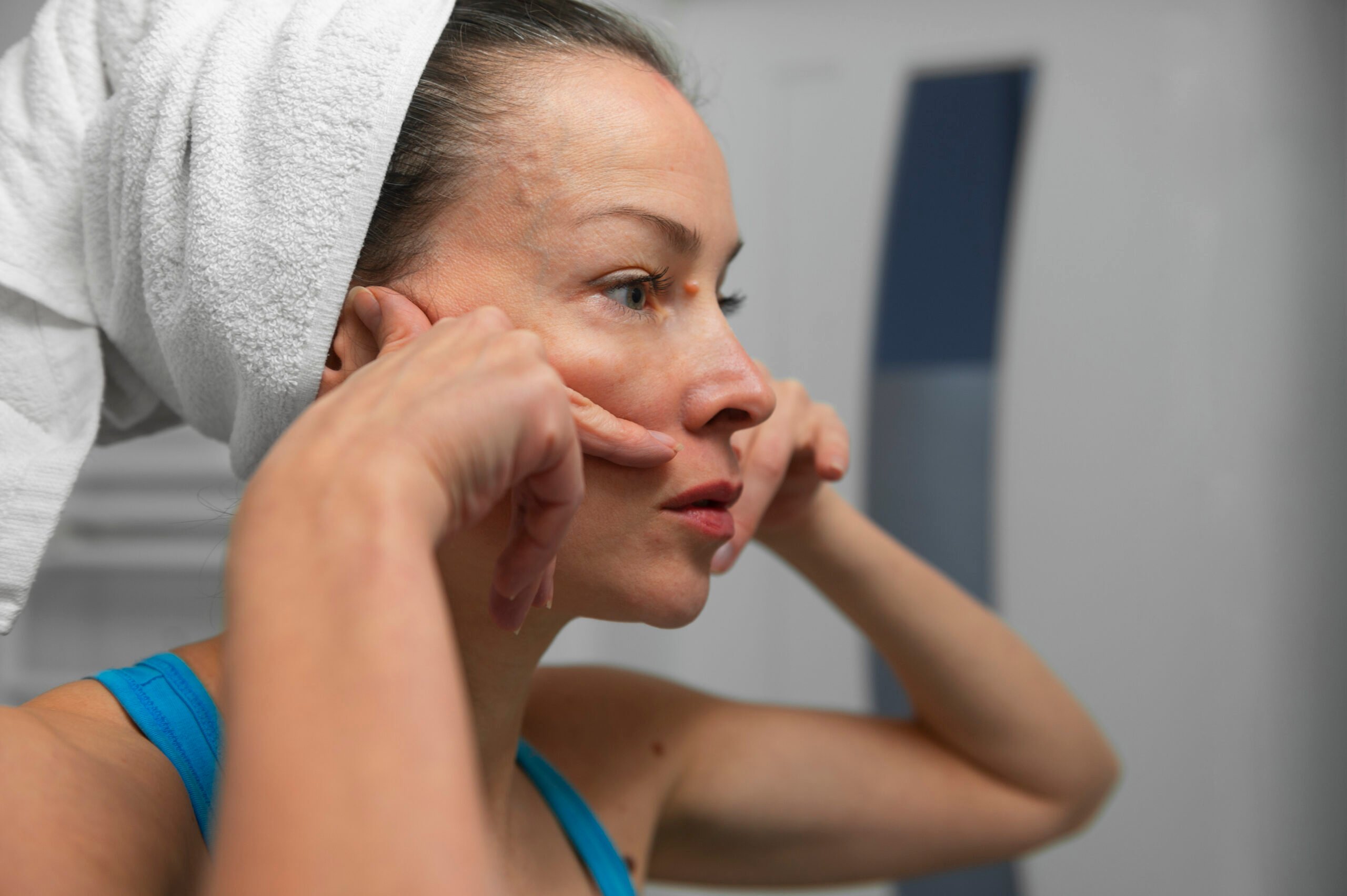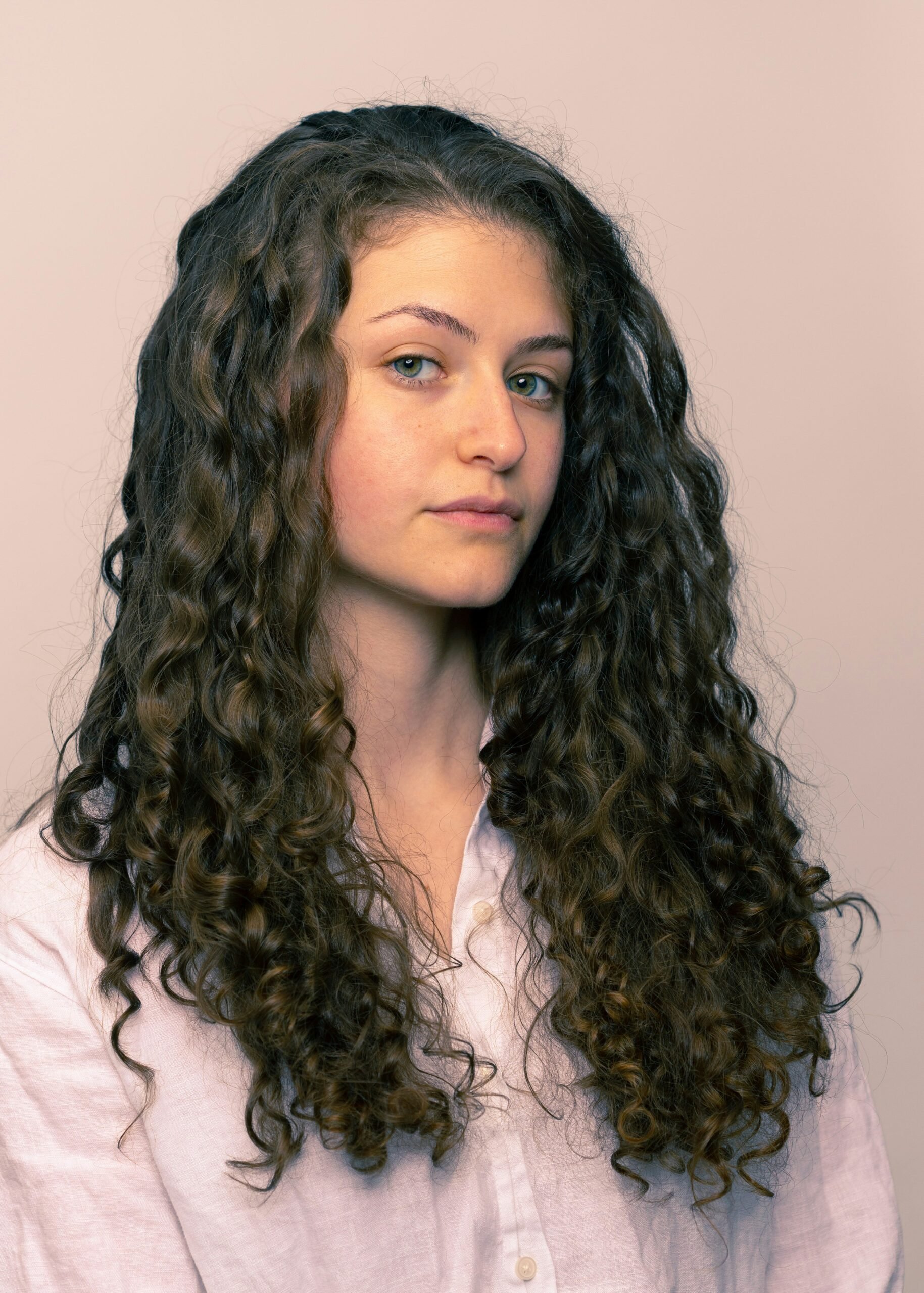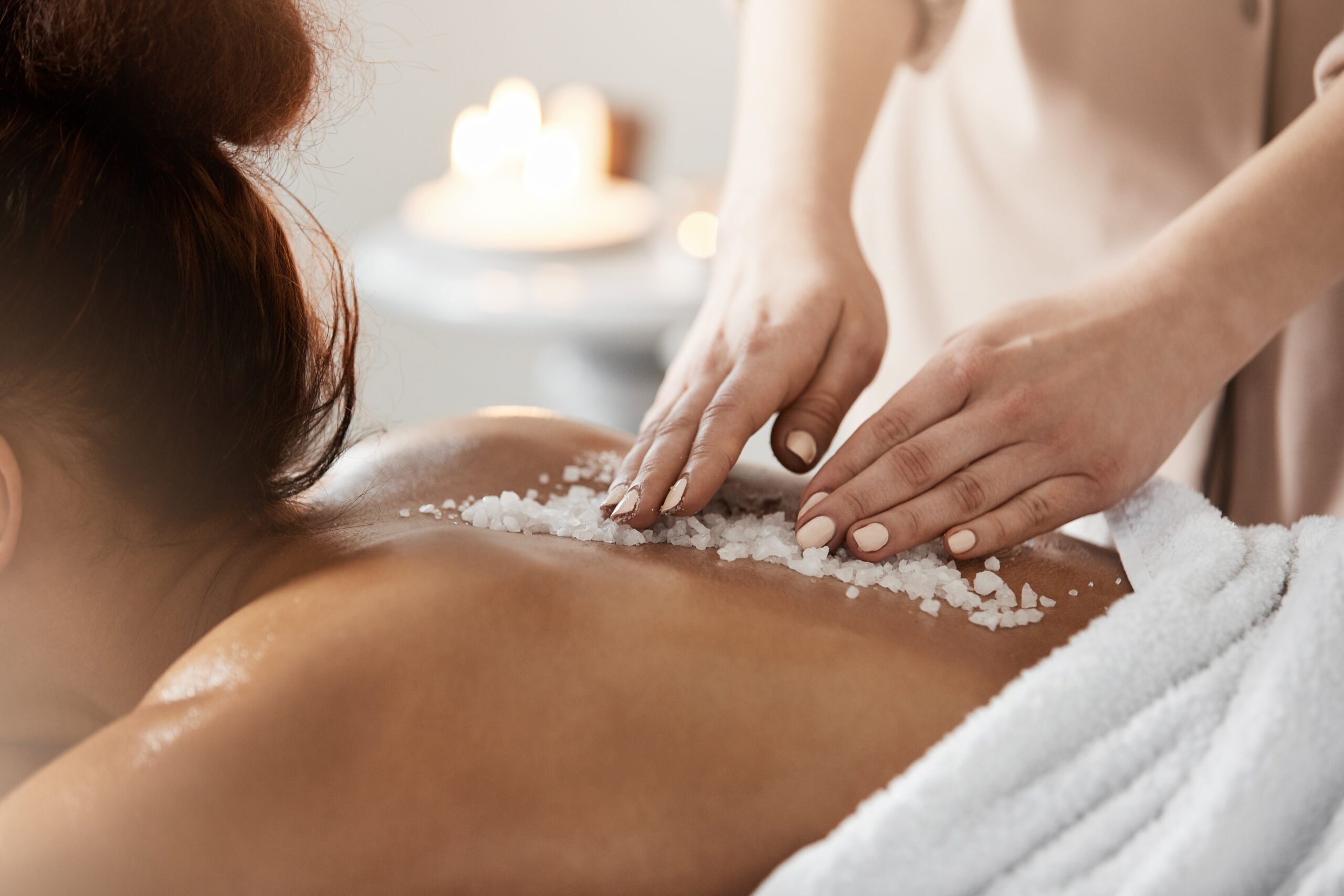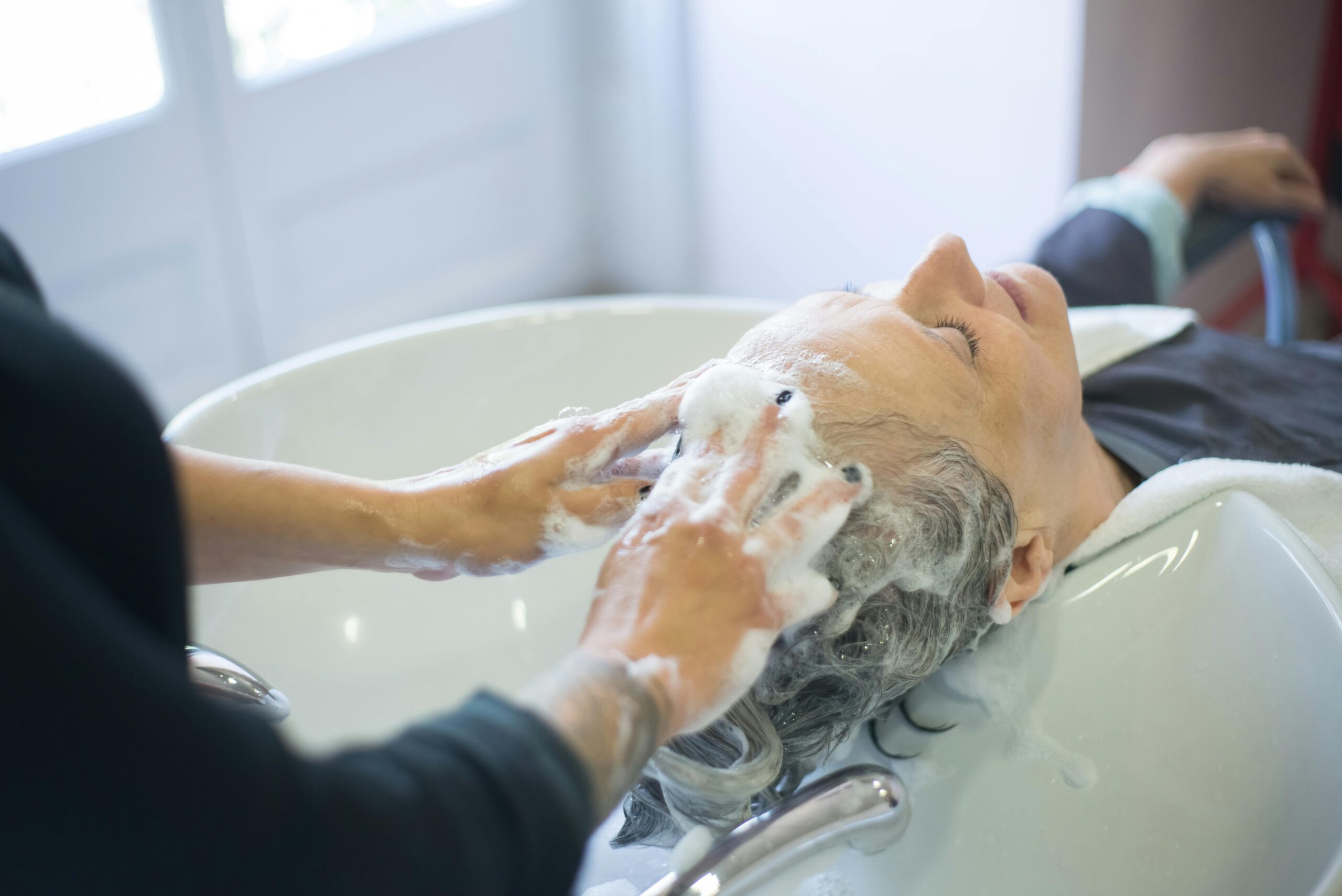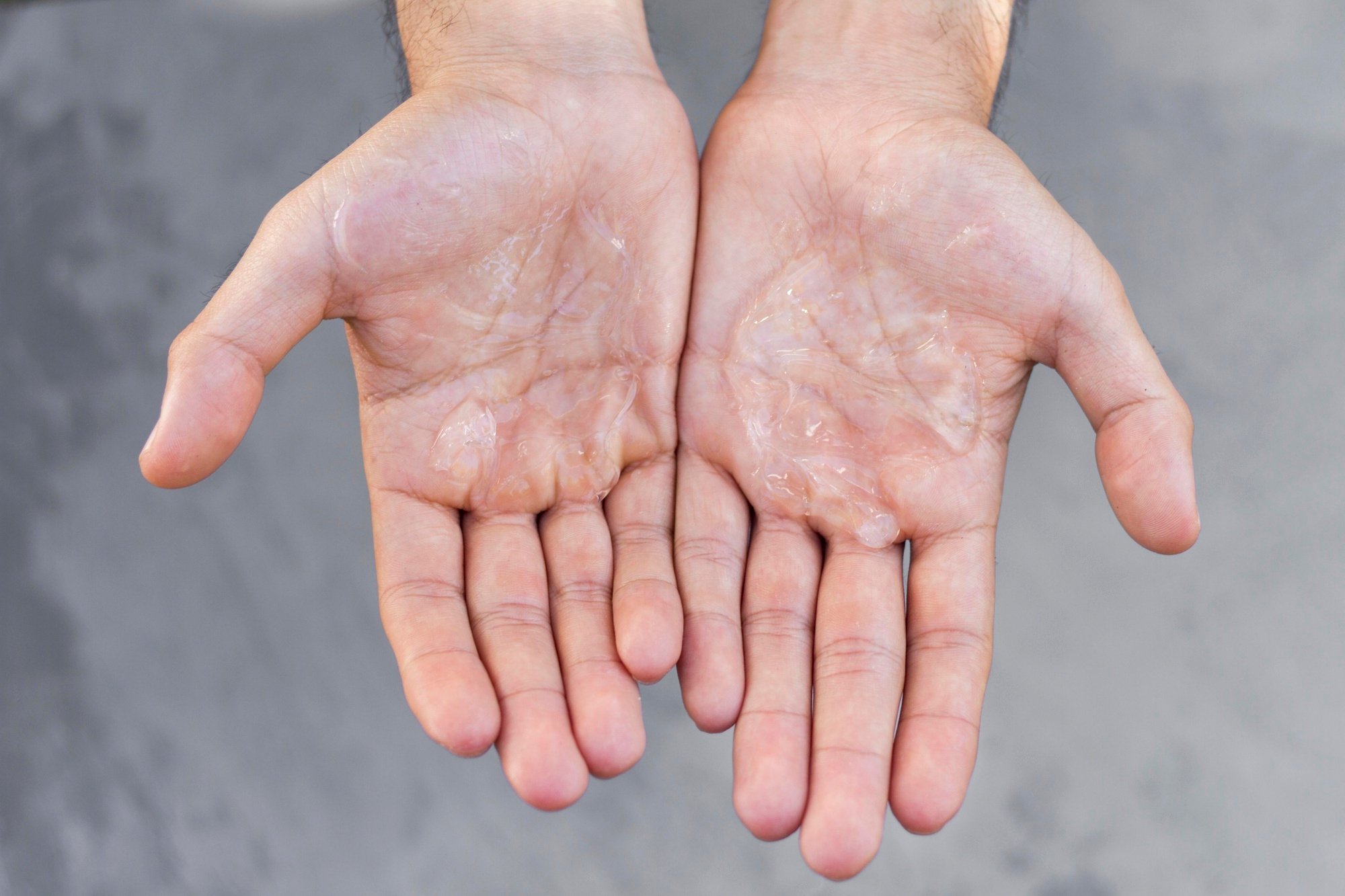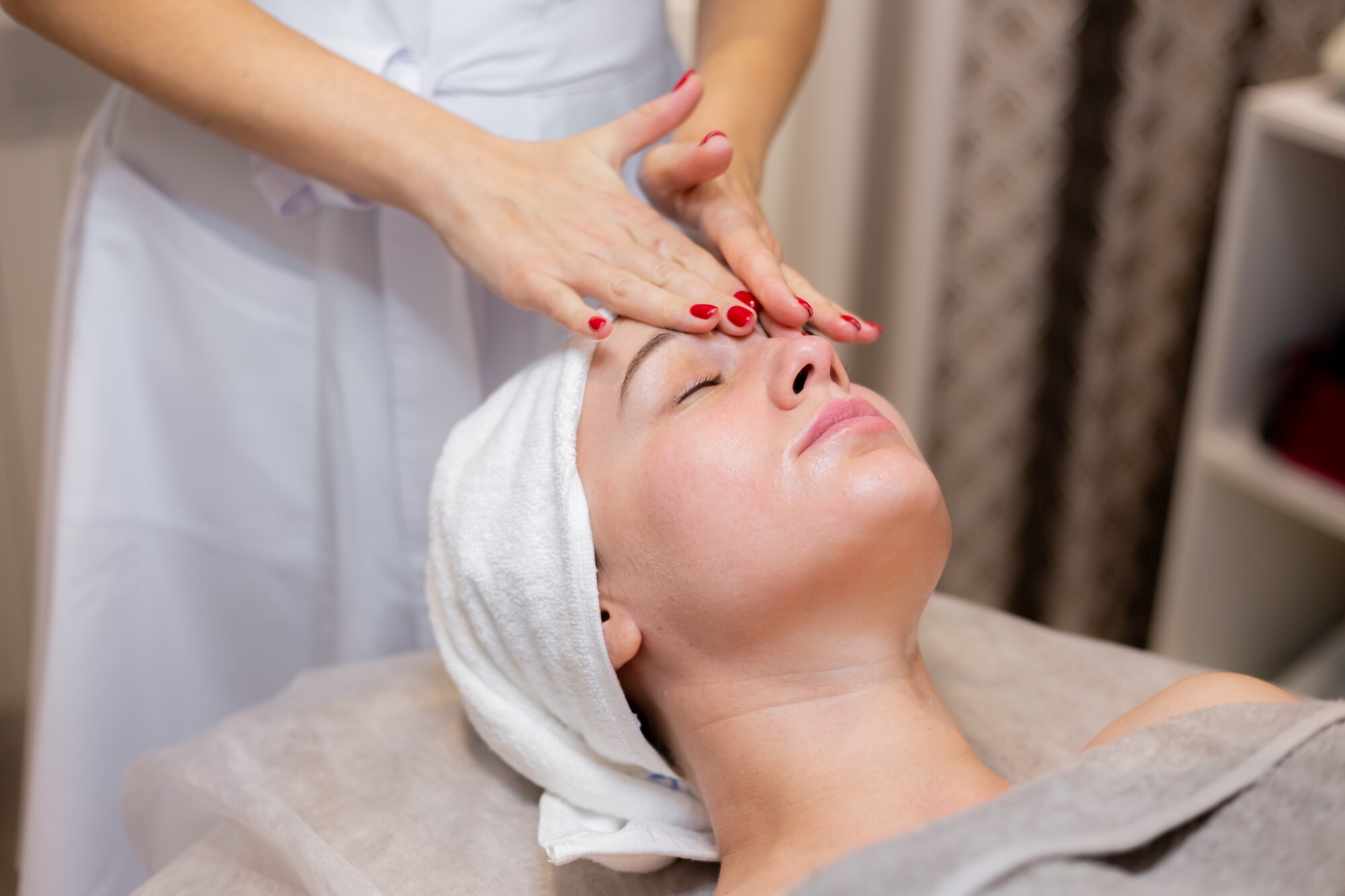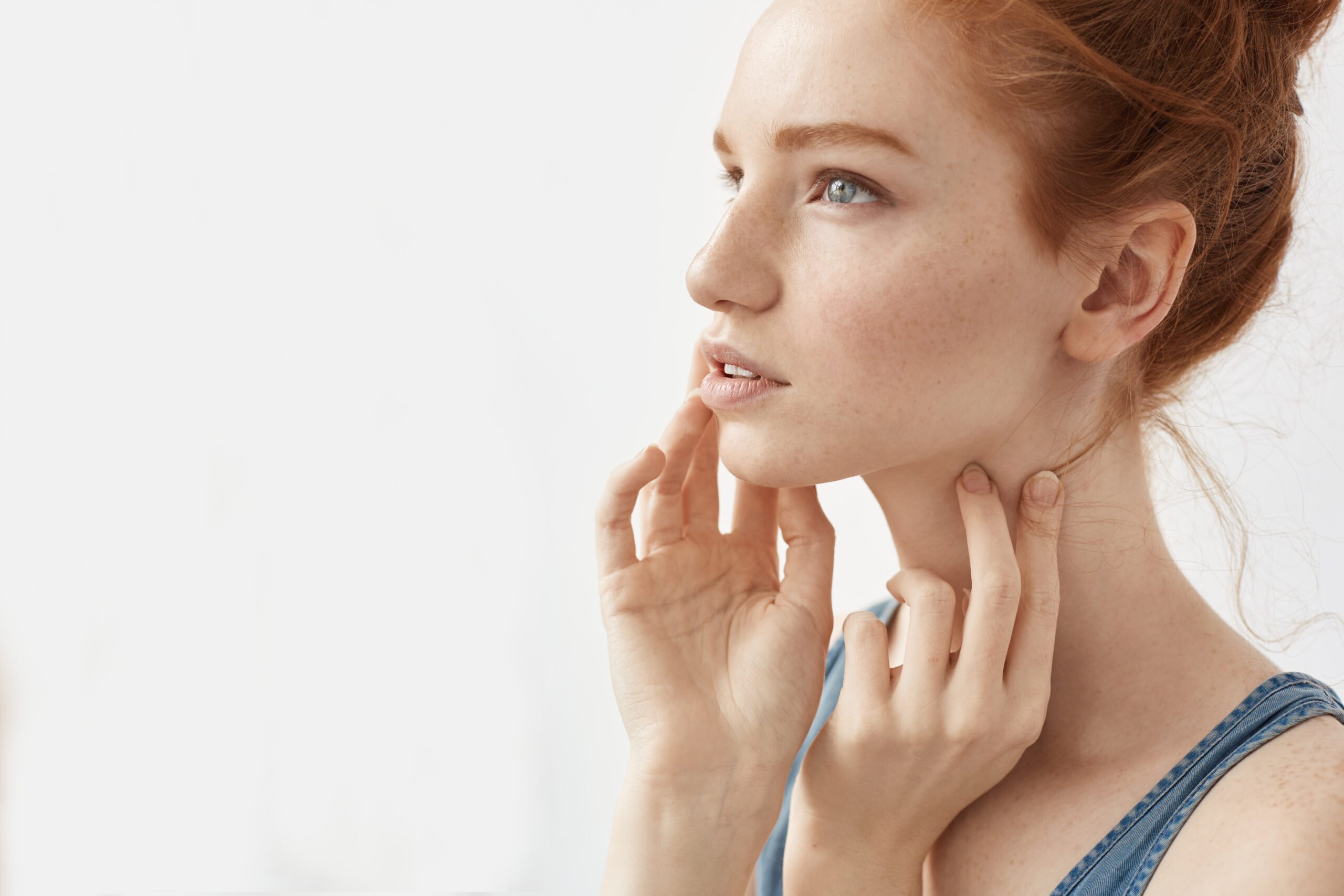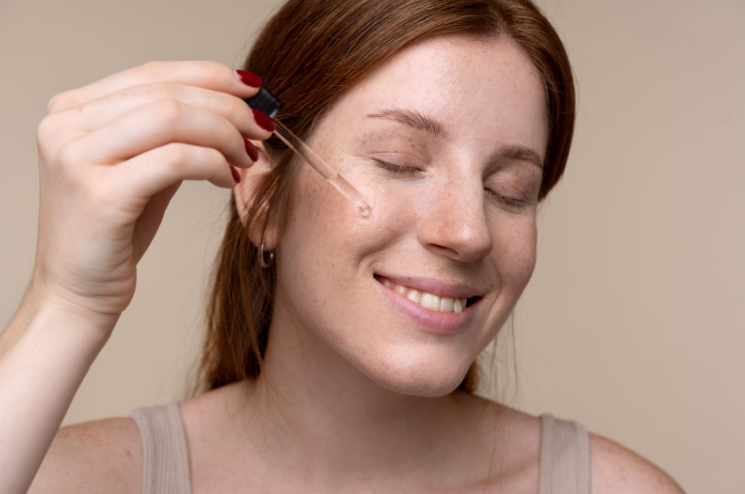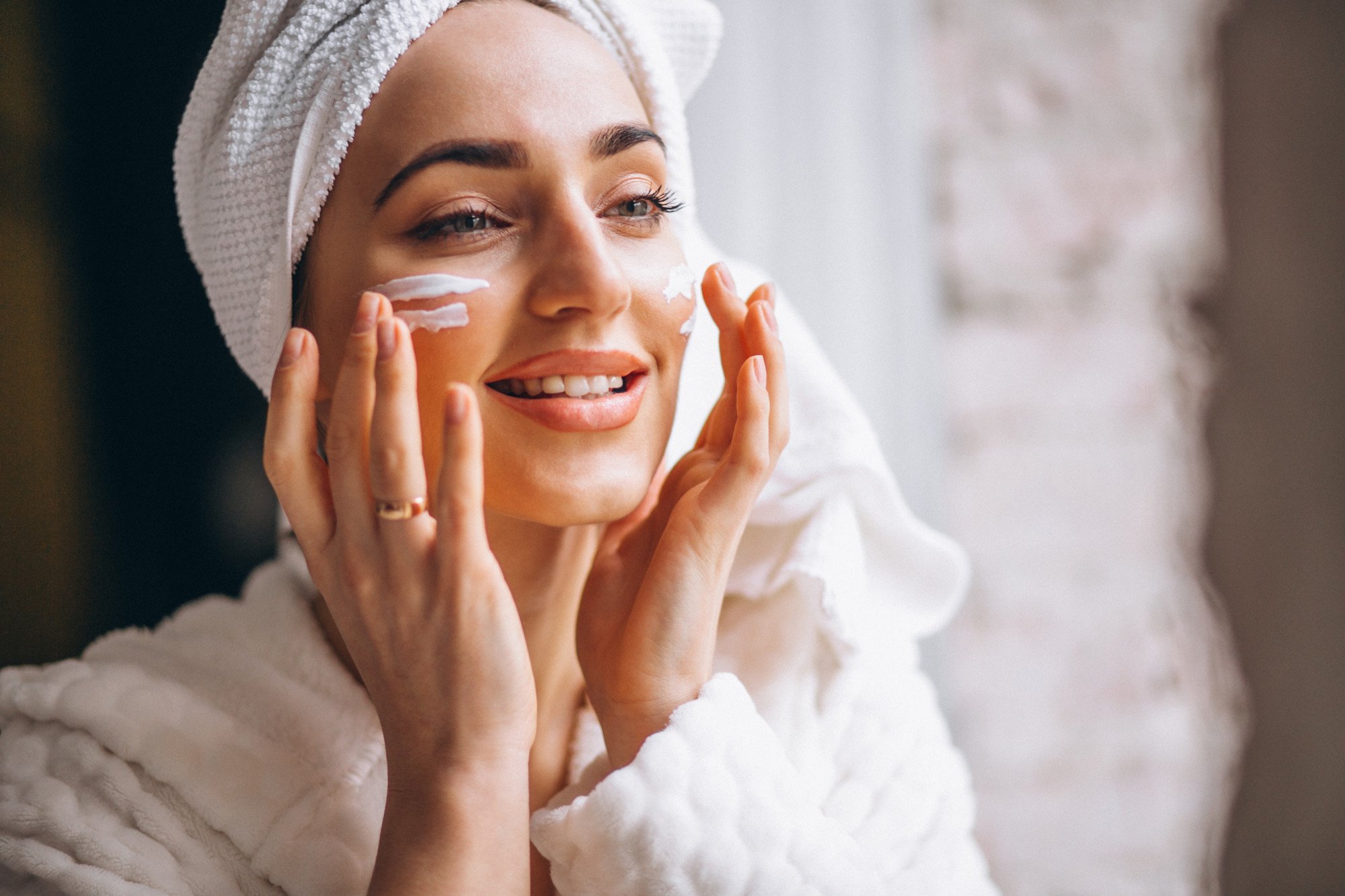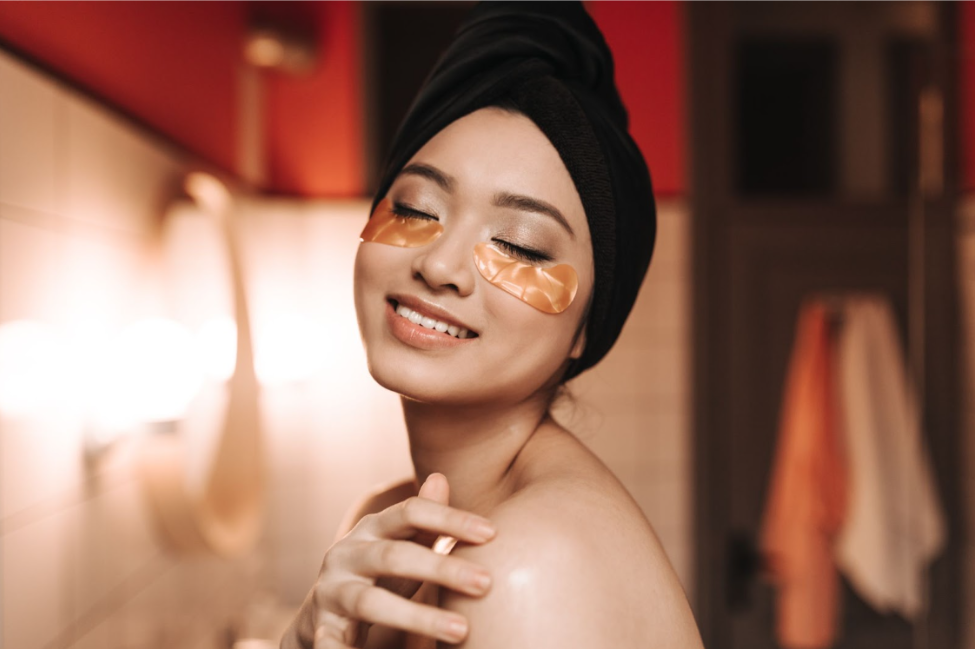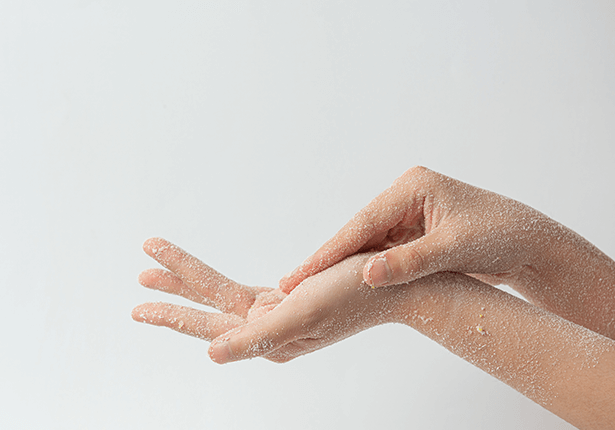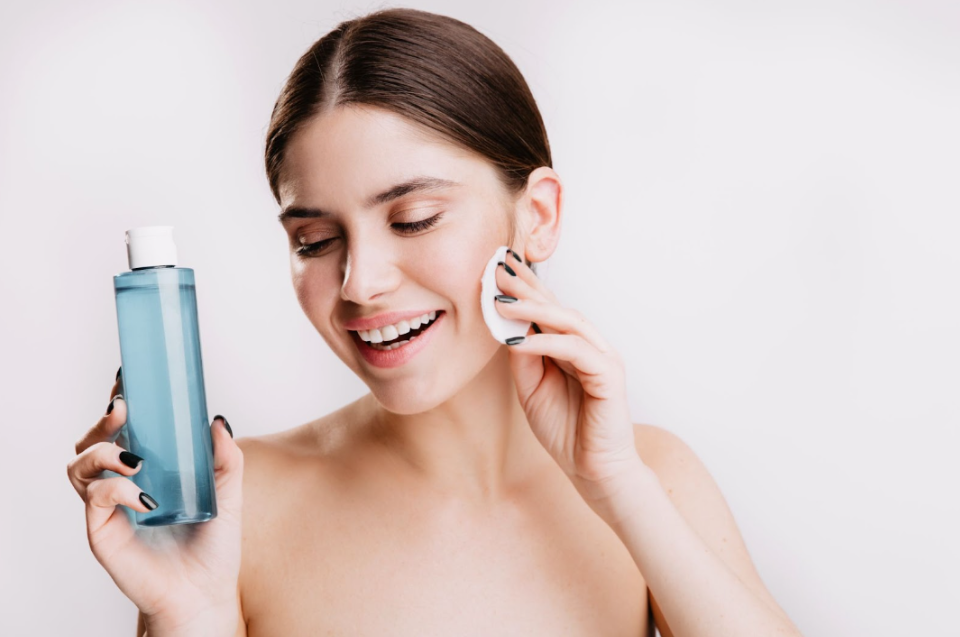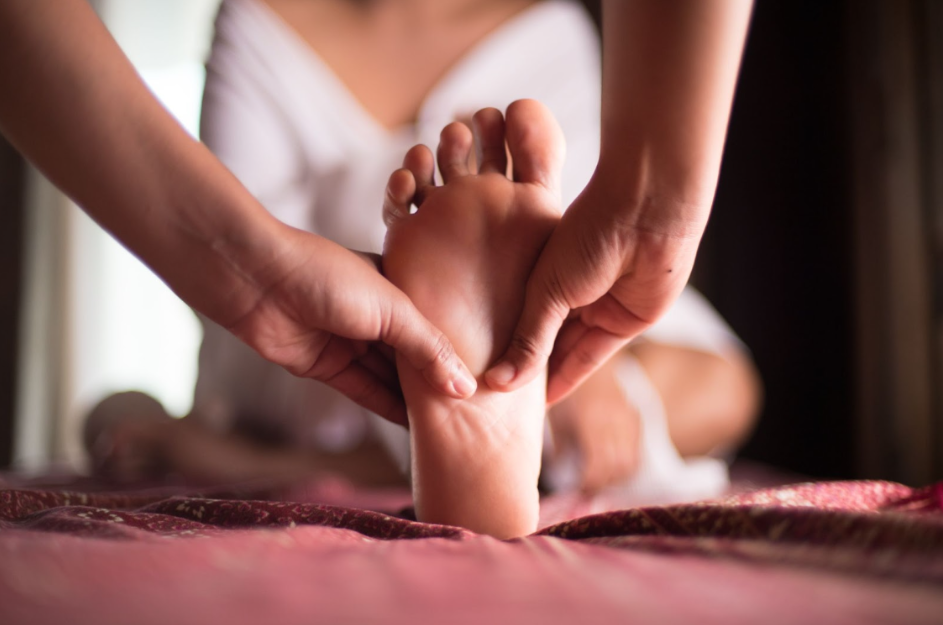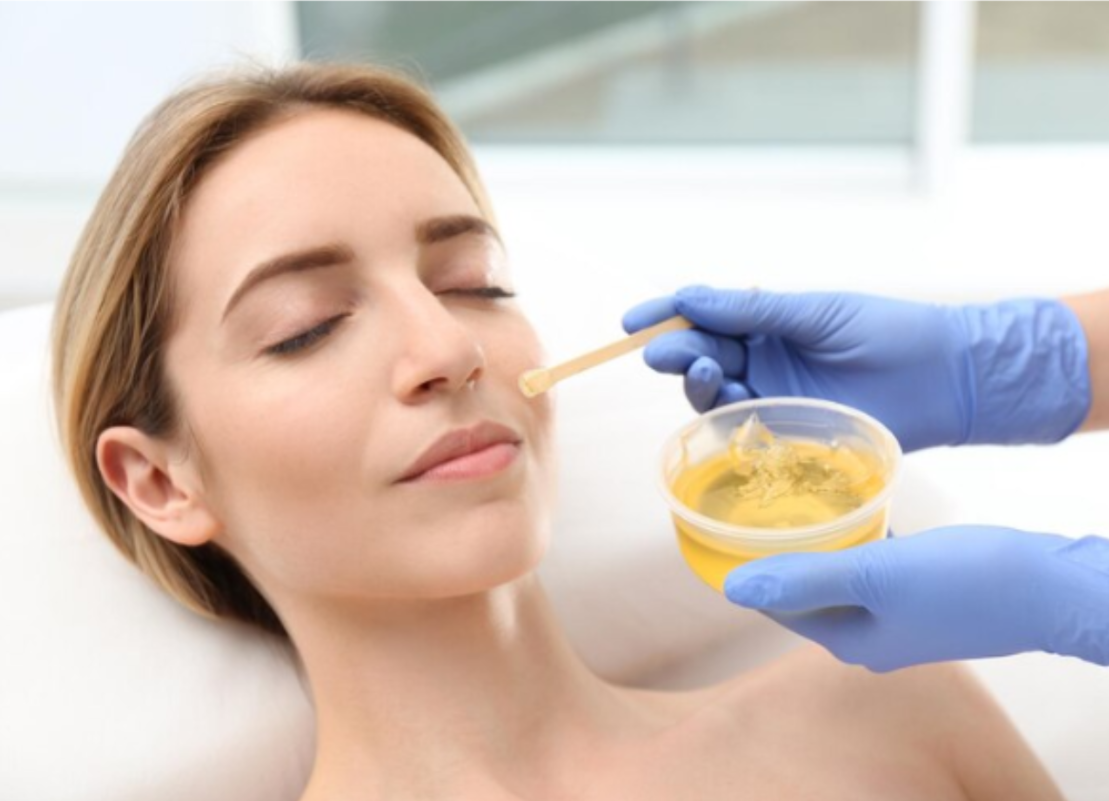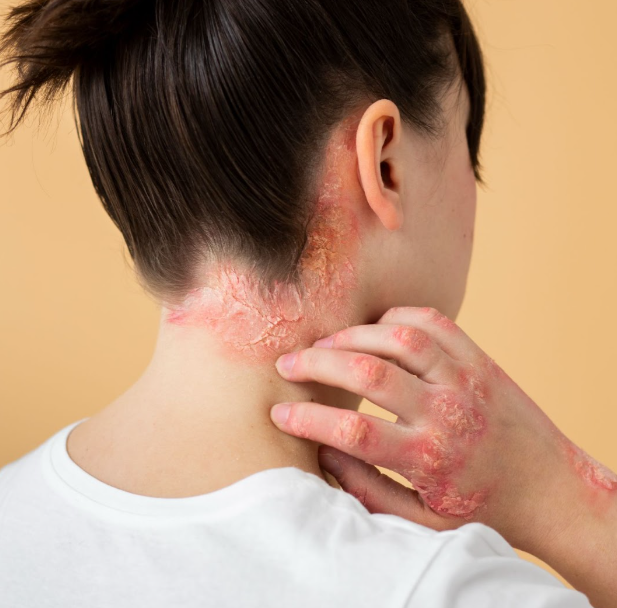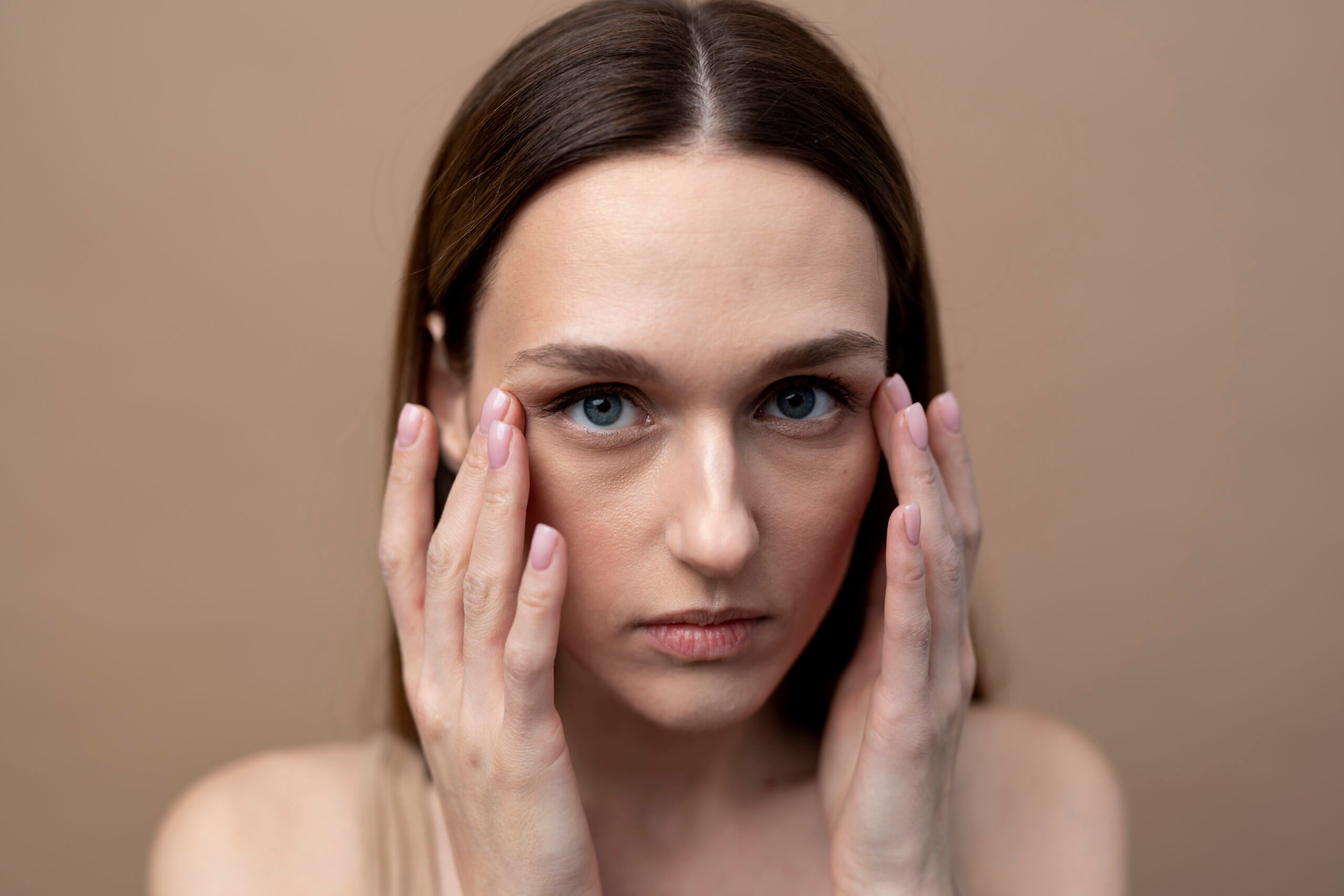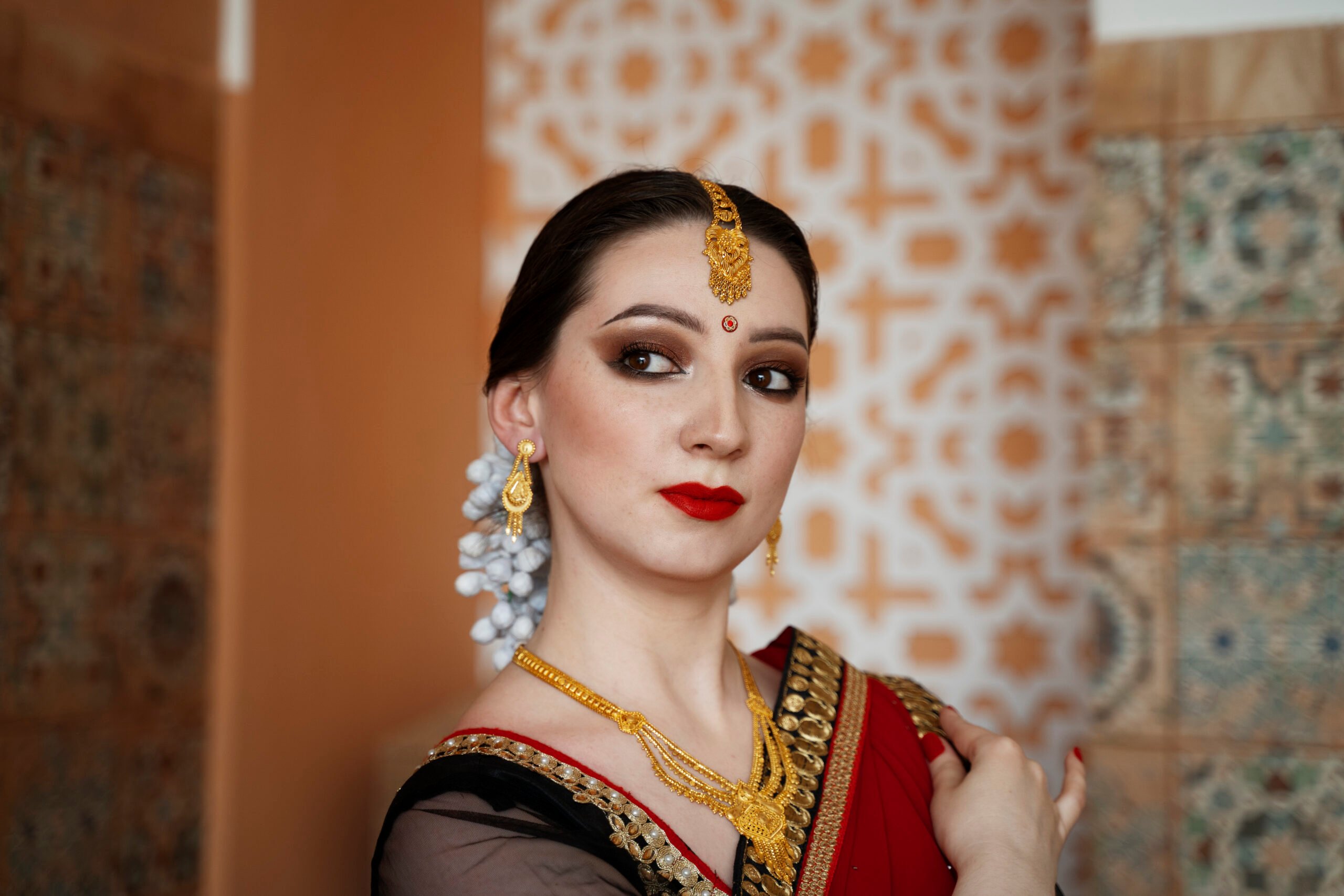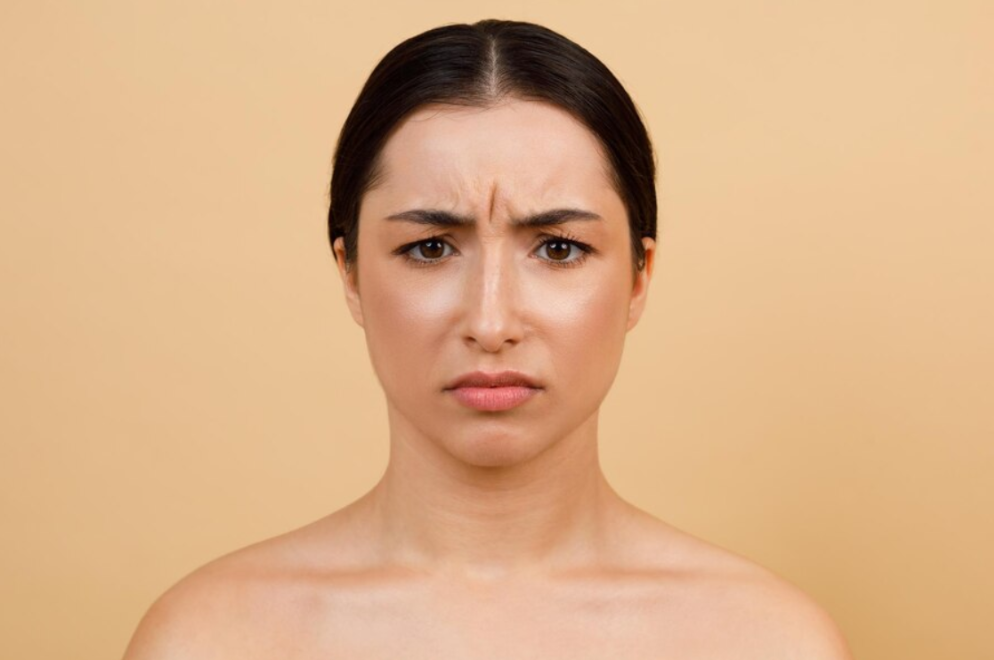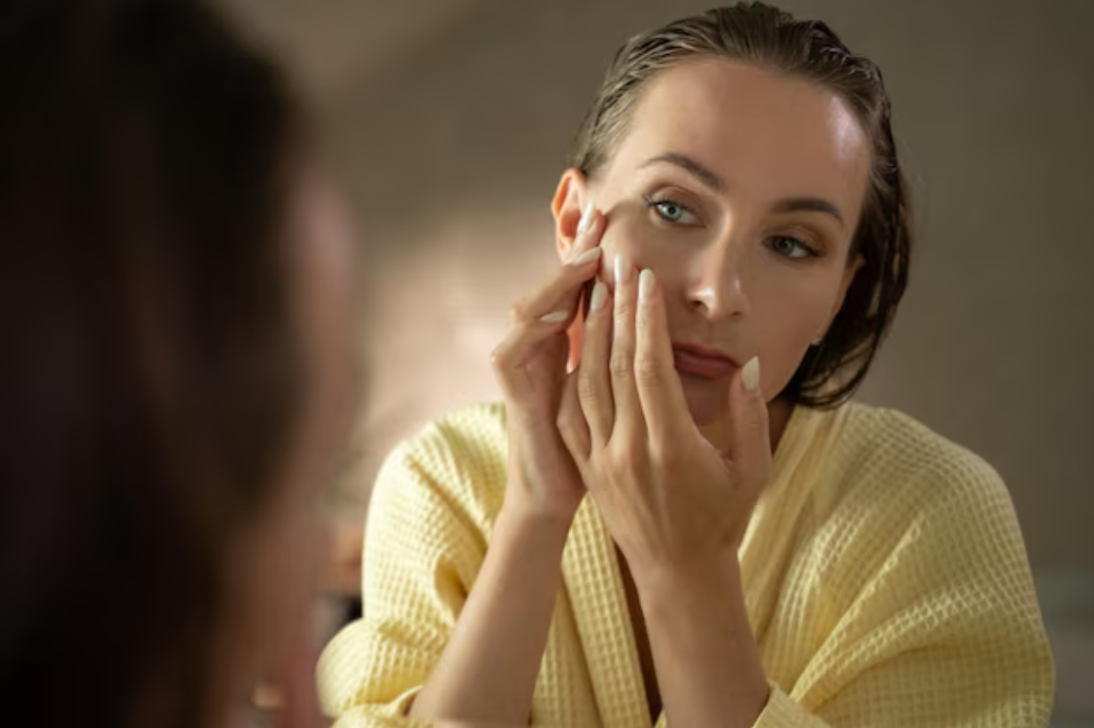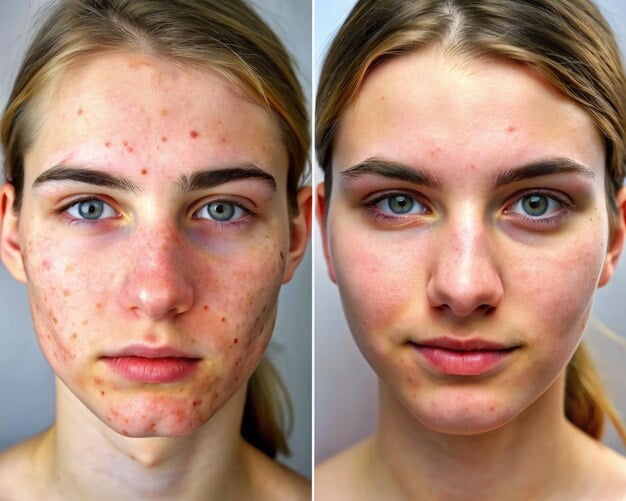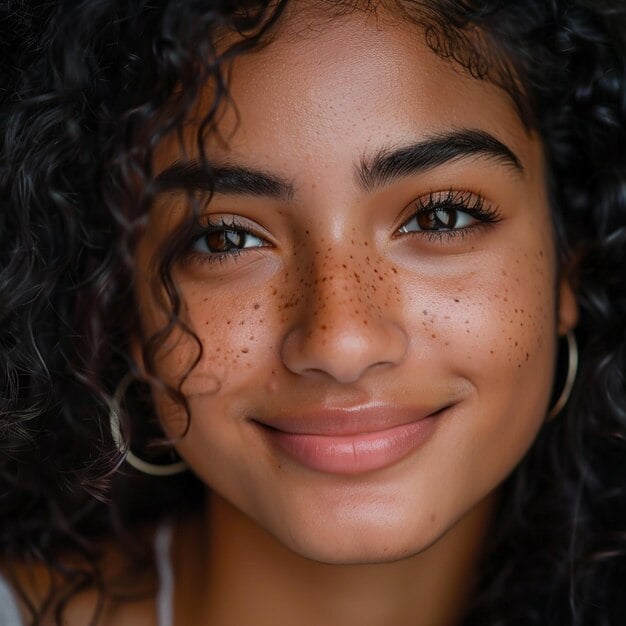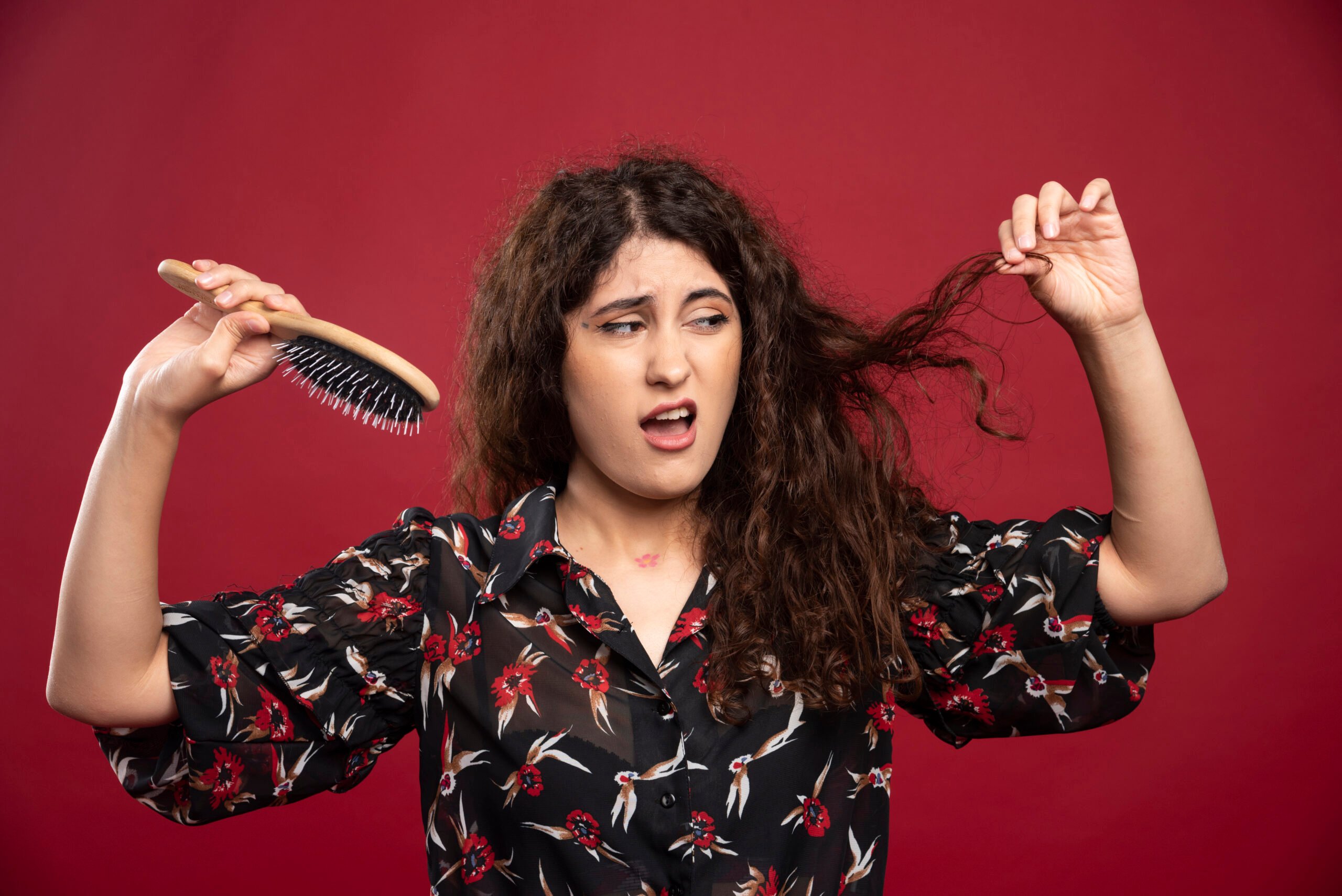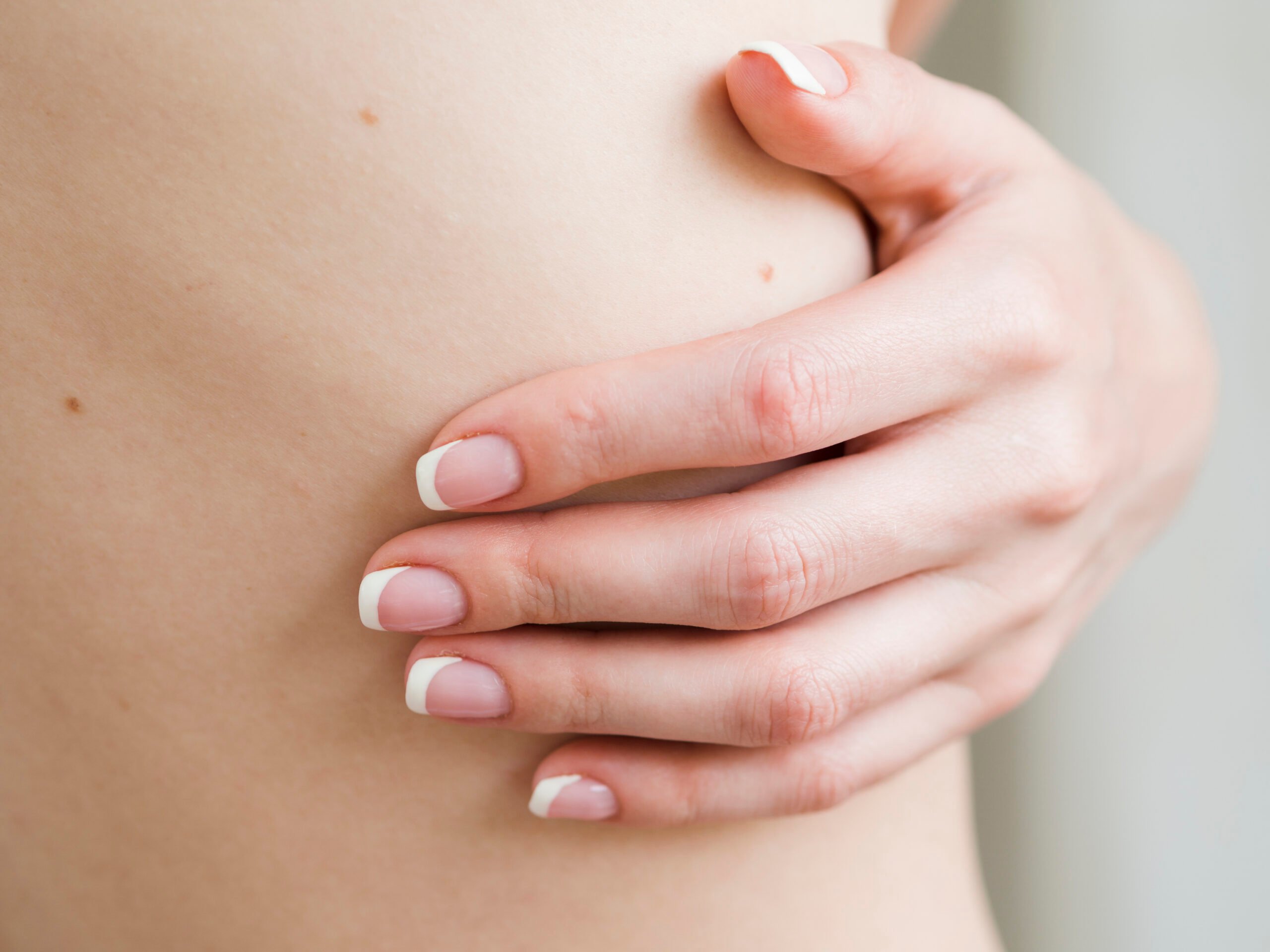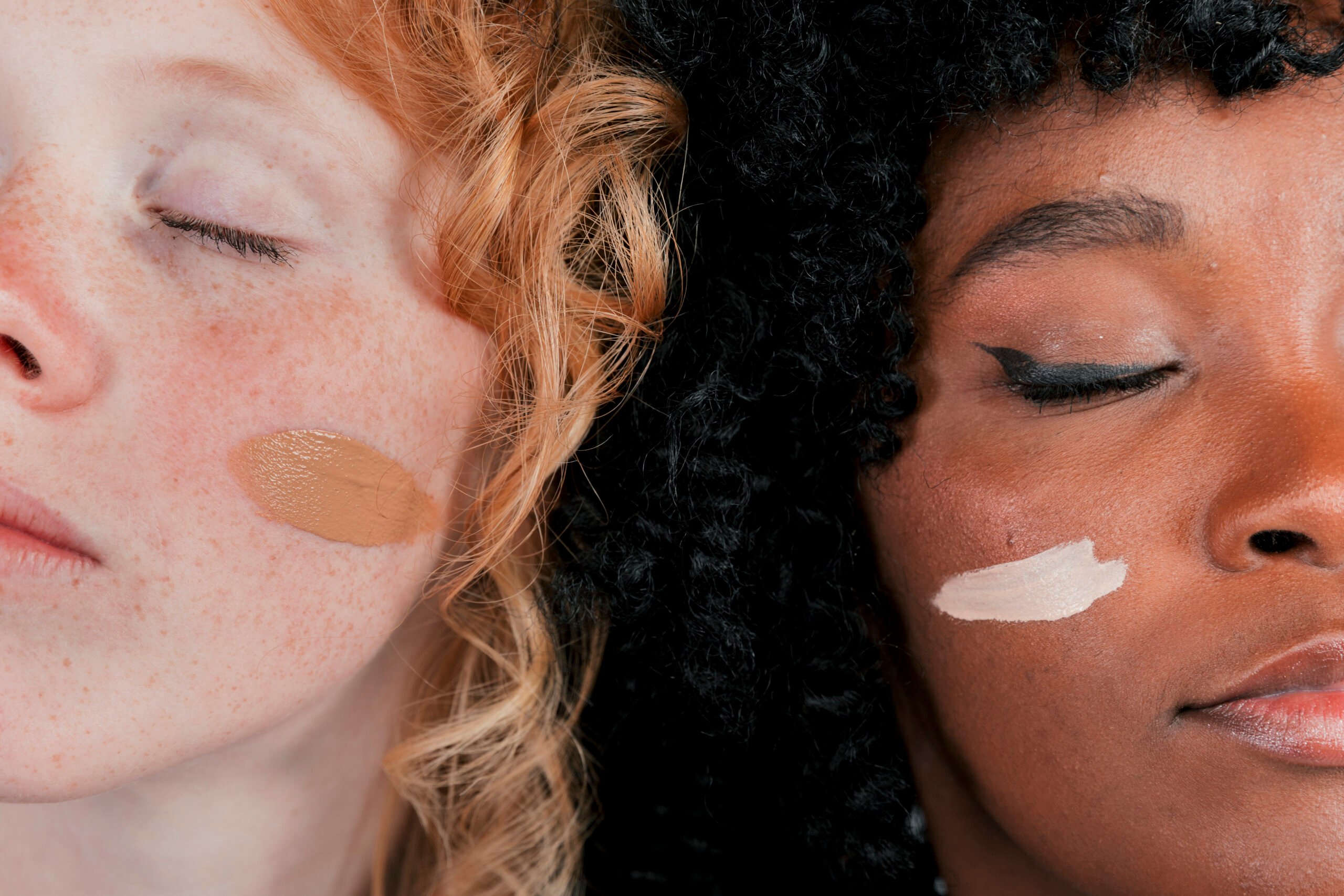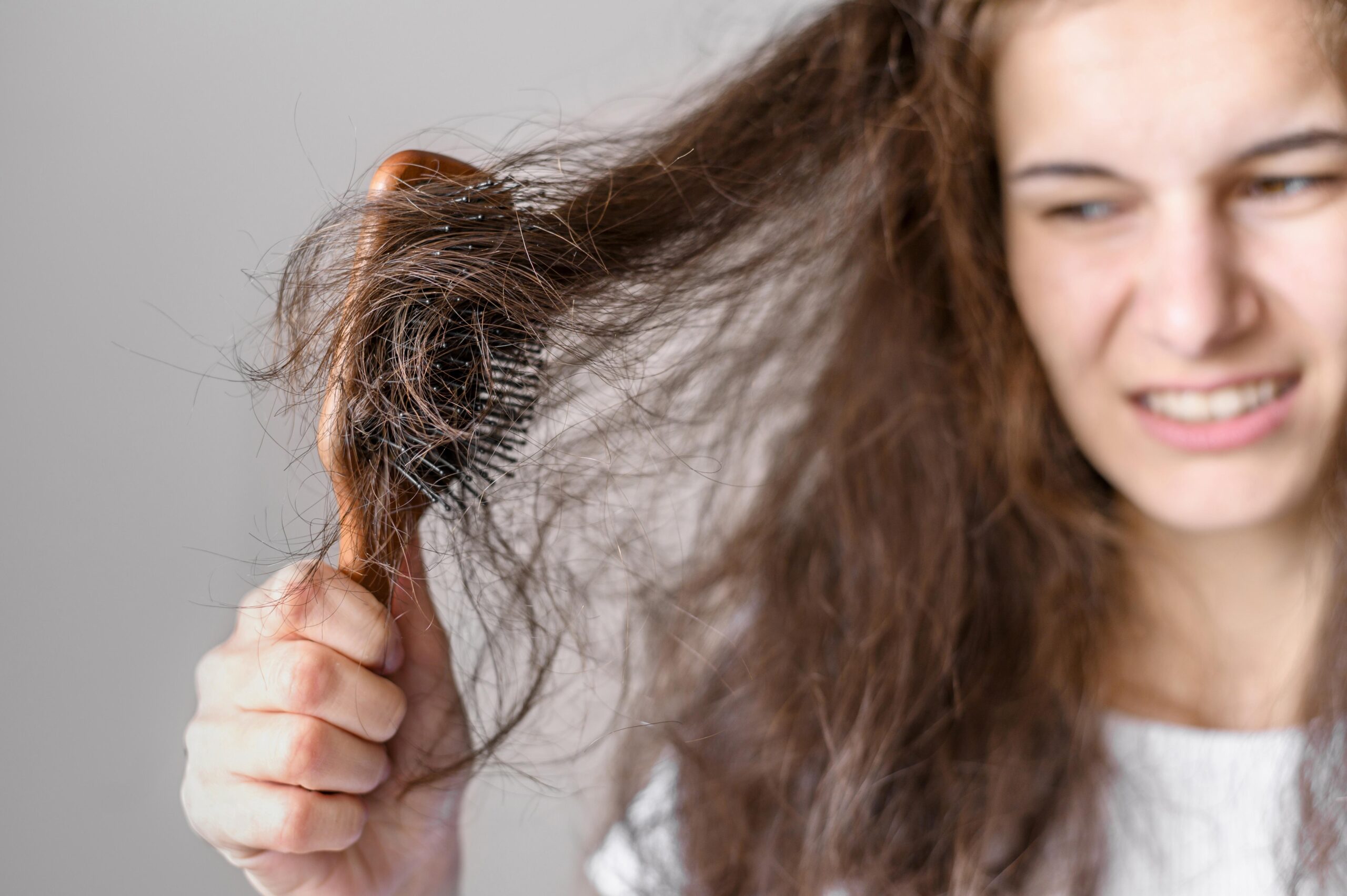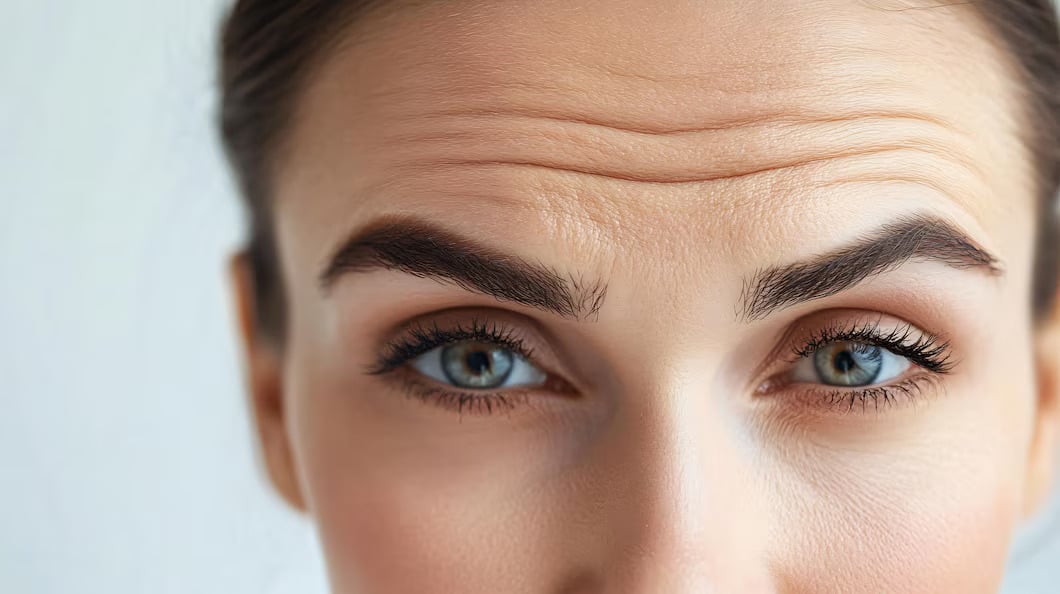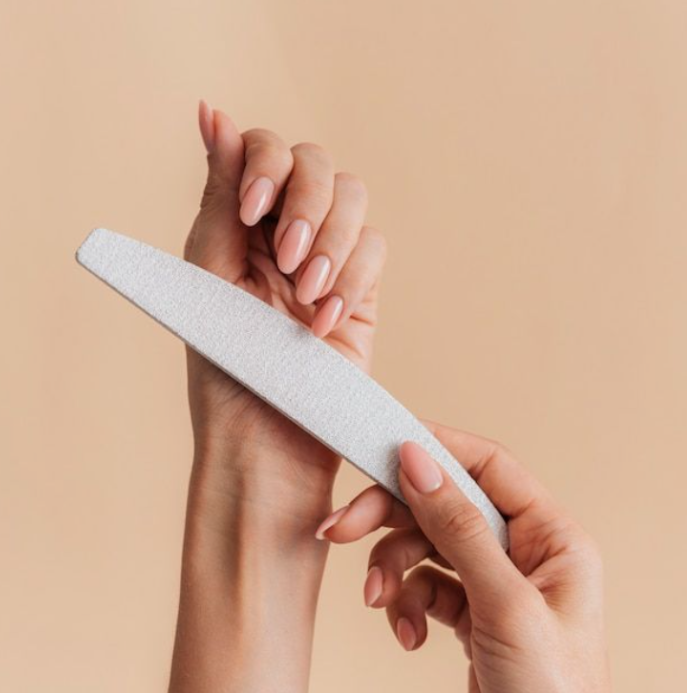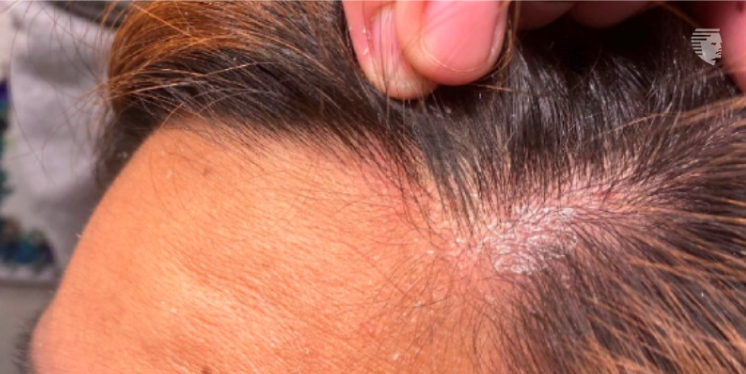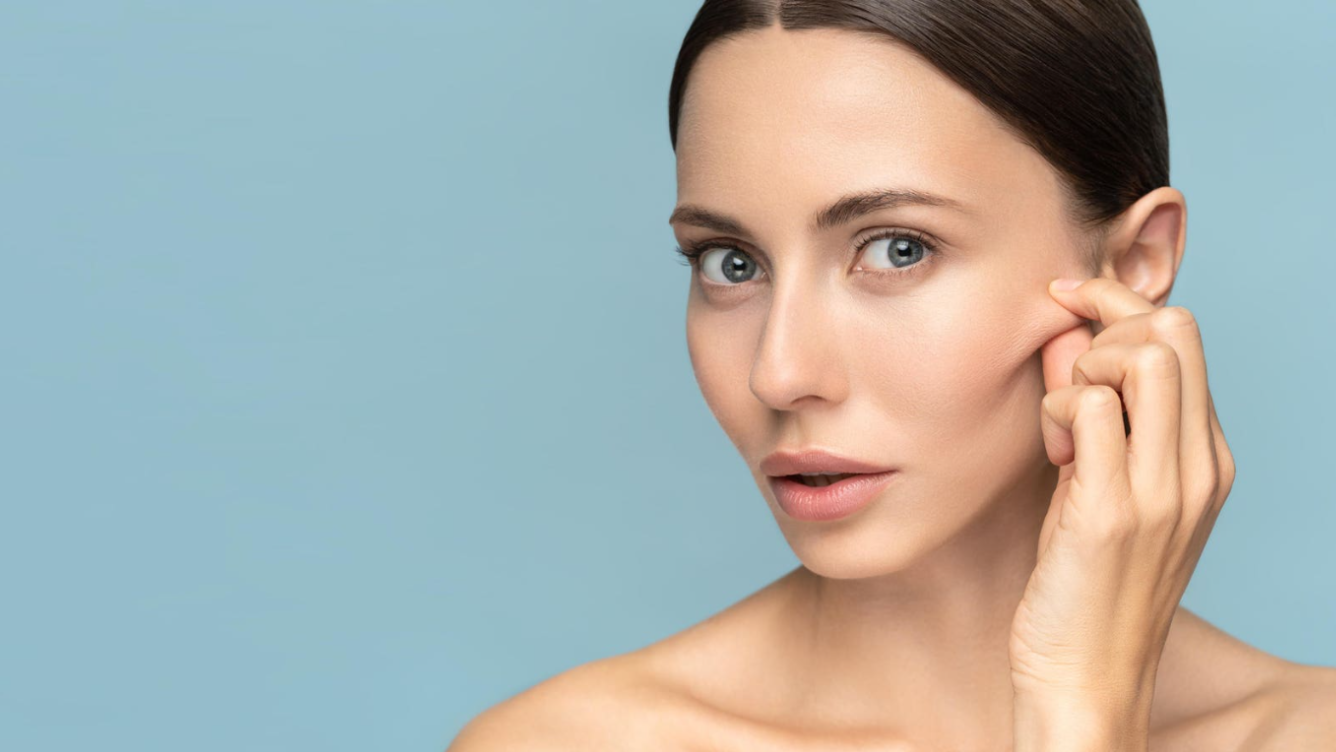Hair
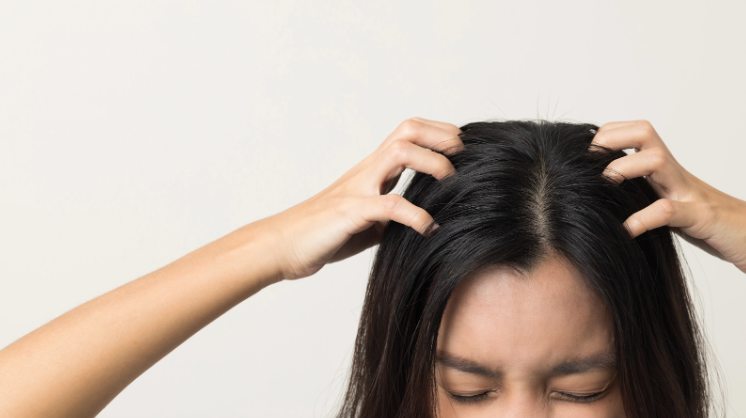
Hair
Itchy Scalp: Causes, Treatment & Prevention
6 minutes read | 8 Aug 24
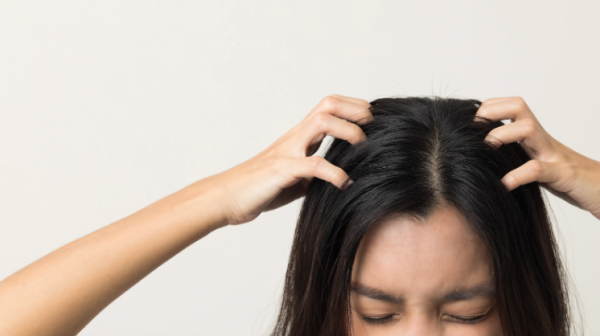
Itchy Scalp and Hair Loss
An itchy scalp goes beyond a little annoyance. When relentless, it can cause notable hair loss. This mix of discomfort and esthetic worry sometimes sets off a cycle of itching and scratching that compromises the hair follicles and scalp even more. To stop this cycle, the hair loss and the itching must be addressed simultaneously.
Causes of Itchy Scalps Leading to Hair Loss
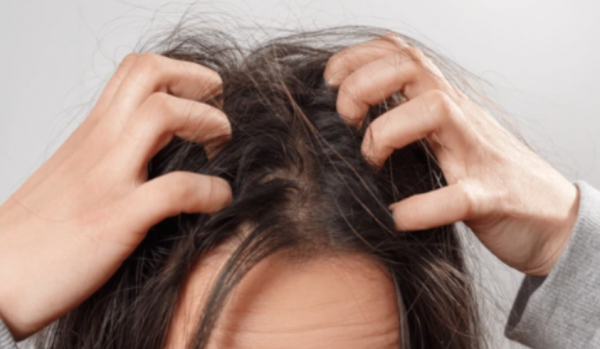
Several factors can lead to an itchy scalp and hair loss:
Dandruff and Seborrheic Dermatitis:
The hallmark of these frequent disorders is scalp flaky, itchy skin. They can induce inflammation that results in hair loss.
Scalp Psoriasis:
Red, scaly patches on the scalp follow from this autoimmune disorder. It can be rather irritating and, if improperly controlled, cause hair loss.
Fungal Infections:
Conditions like scalp ringworm (tinea capitis) can cause intense itching and hair loss. These infections need prompt treatment to prevent permanent damage.
Allergic Reactions:
Hair dyes, shampoos, and other hair products can sometimes cause allergic reactions, leading to an itchy scalp and hair loss.
Head Lice:
Infestations by these tiny parasites can cause severe itching and discomfort, often resulting in hair loss due to frequent scratching.
Skin Conditions:
Other skin disorders such eczema can affect the scalp, causing itching and hair loss.
Dry Scalp:
Lack of moisture may make the scalp uncomfortable, which would lead to continuous scratching and consequent hair loss.
Itchy Scalp Treatments
Treating an itchy scalp effectively requires addressing the underlying cause. Here are some common treatments:
Medicated Shampoos:
Dandruff and fungal infections can be controlled using shampoos like salicylic acid, selenium sulfide, or ketoconazole.
Topical Treatments:
Steroid creams or lotions can reduce inflammation and itchiness caused by conditions like scalp psoriasis.
Natural Remedies:
Apple cider vinegar, aloe vera, and tea tree oil can all help an itching scalp. Still, one should utilize these carefully and ideally under direction.
Prescription Medications:
Prescription-strength remedies could be required for serious problems. A dermatologist can write the suitable prescription for medicine. Proper Hair Care: Reducing itching can be achieved with gentle shampoos, avoidance of strong chemicals, and maintenance of a clean, moistened scalp.
Proper Hair Care:
Reducing itching can be achieved with gentle shampoos, avoidance of strong chemicals, and maintenance of a clean, moistened scalp.
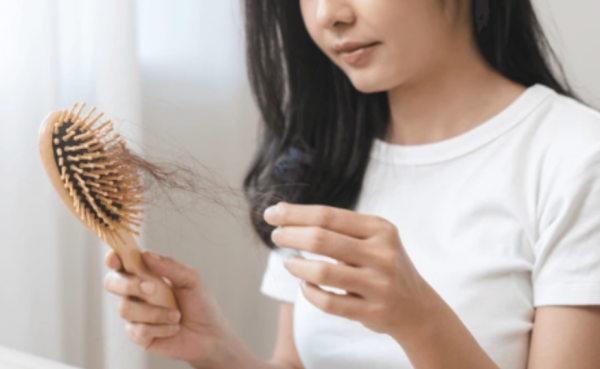
Tips to Prevent Itchy Scalps and Hair Loss
Better still than treatment is prevention. These suggestions help to maintain your scalp healthy and stop hair loss:
Maintain Good Hygiene:
Frequent washing using a mild shampoo will assist to keep the scalp free from build-up and clean.
Avoid Over-Processing:
Limit the use of chemical treatments including scalp irritability-causing hair colors and bleaches.
Stay Hydrated:
Drinking lots of water keeps your hair and scalp nourished.
Healthy Diet:
Ensure your diet includes vitamins and minerals essential for scalp health. Deficiencies, particularly in vitamins A and E, can lead to an itchy scalp.
Manage Stress:
Stress could aggravate scalp disorders. One can benefit by learning to relax using yoga or meditation.
Your Go-To Solution for Itchy Scalp and Hair Loss
Dealing with hair loss and an itchy scalp calls for professional assistance and a range of treatments to fit various requirements. These are some often used and successful remedies meant to assist resolve these problems:
Using the patient's own blood, treated to concentrate the platelets, PRP hair treatment is Growth factors in these platelets stimulate hair follicles, thereby promoting hair growth and bettering scalp condition. Effective reduction of hair loss and encouragement of the regeneration of thicker, healthier hair may come from PRP therapy.
Clinical Botox for Hair
Deep conditioning treatments meant to nourish the scalp and hair are called clinical hair botox. It straightens, fixes broken hair, and adds gloss. Those with dry, brittle hair will especially benefit from this treatment; it also helps to ease scalp itching brought on by dryness and irritation.
QR678 Treatment
Using a unique mix of growth hormones and proteins injected into the scalp, QR678—a non-surgical hair restoration treatment—activates hair follicles and advances regrowth. Though it may not particularly target itchy scalp problems, this therapy is successful for people suffering hair thinning and loss.
Programmes for Scalp Detox
Treatments aimed at a scalp detox concentrate on cleaning and revitalising the scalp. These treatments help remove product build-up, extra oil, and pollutants, therefore lowering scalp irritation and providing a better environment for hair development.
Personalised Hair & Scalp Treatments
Everybody has different hair and scalp issues; tailored treatments may meet certain requirements. Professionals may do extensive consultations to pinpoint the specific needs of your hair and scalp, therefore customising treatments to get best outcomes.
Investigating many therapy choices can help you to identify the best one to control hair loss and itching scalp, hence guaranteeing improved scalp condition and encouraging good hair development.
Why Should One Use Bodycraft?
Bodycraft distinguishes itself for various reasons.
Expert Professionals:
Their staff guarantees you professional treatment by including some of the top trichologists and dermatologists.
Modern Technology:
They provide efficient treatments by use of cutting-edge technologies and approaches.
Every therapy is customized to the particular requirement of the patient, so guaranteeing the best possible results.
Holistic Approach:
Bodycraft guarantees that every facet of scalp and hair condition is taken care of using their method of hair treatment.
Although managing an itchy scalp and hair loss might be difficult, with the correct professional assistance you can properly handle these problems. With a wide spectrum of therapies meant to solve the underlying reasons of scalp irritation and hair loss, Bodycraft gives you stronger, better hair. For anyone trying to enhance their scalp and hair condition, they are a dependable alternative since of their dedication to individualized care and innovative therapies. Book an appointment with our experts today!
Takeaway
An itchy scalp and hair loss are interconnected issues that can significantly affect your quality of life. Understanding the causes and implementing effective treatments can provide relief and promote healthier hair. Regular care, proper hygiene, and a balanced diet play crucial roles in maintaining a healthy scalp.
FAQs Around Itchy Scalp
1. How to control an itchy scalp?
Managing an itching scalp calls for determining the underlying reason and applying suitable therapies. Frequent gentle, medicated shampoo washings of your hair will help. Essential is to stay away from strong hair products and preserve a good scalp environment.
2. What vitamin deficiency causes an itchy scalp?
An itchy scalp can be caused in part by a vitamin deficit, especially with regard to vitamins A, E and D. Ensuring your food is balanced and contains enough nutrients will help avoid scalp problems.
3. Why is my scalp always itchy?
Dandruff, scalp psoriasis, fungal infections, allergic responses, or even stress can all aggravate an itching scalp. Effective treatment depends on the particular reason being found and addressed.
4. Can hair dye cause an itchy scalp?
Indeed, allergic responses brought on by hair colors might result in an itching scalp. To look for any allergies, do a patch test before applying any fresh hair color.
See a dermatologist or trichologist for further information and personalized recommendations. They might offer custom suggestions depending on your particular scalp problem.
Related categories
Get a complimentary consultation today. Book now
























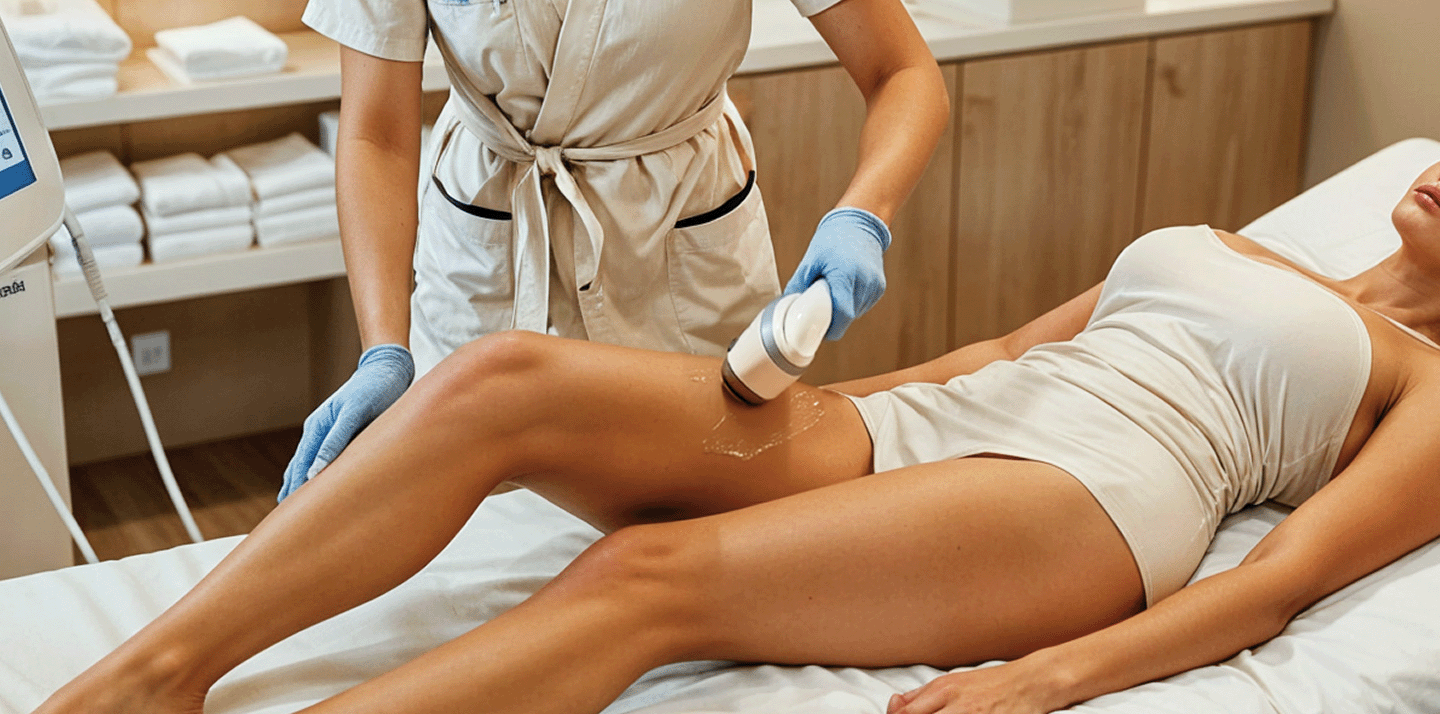














.png)

























-1.png)

